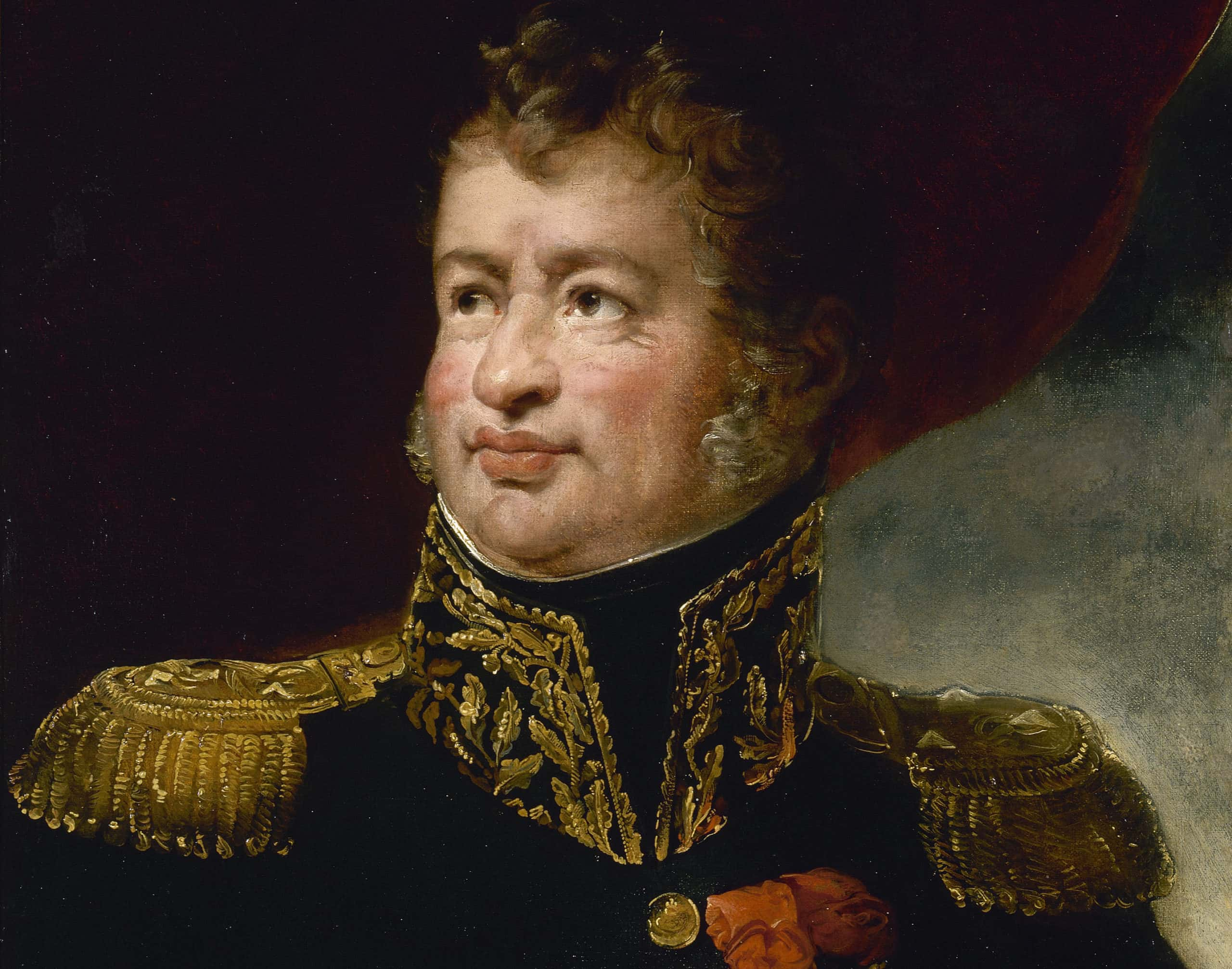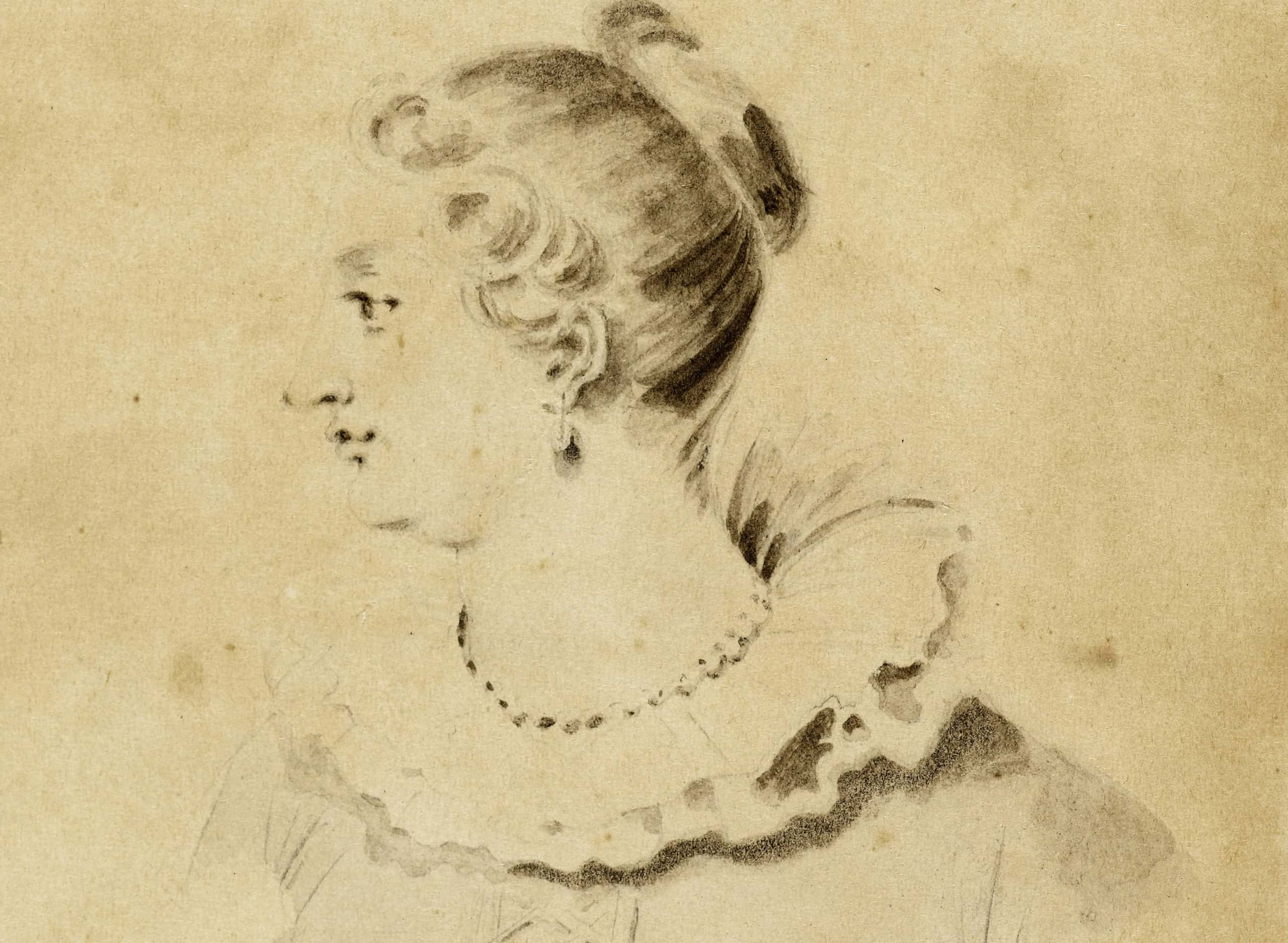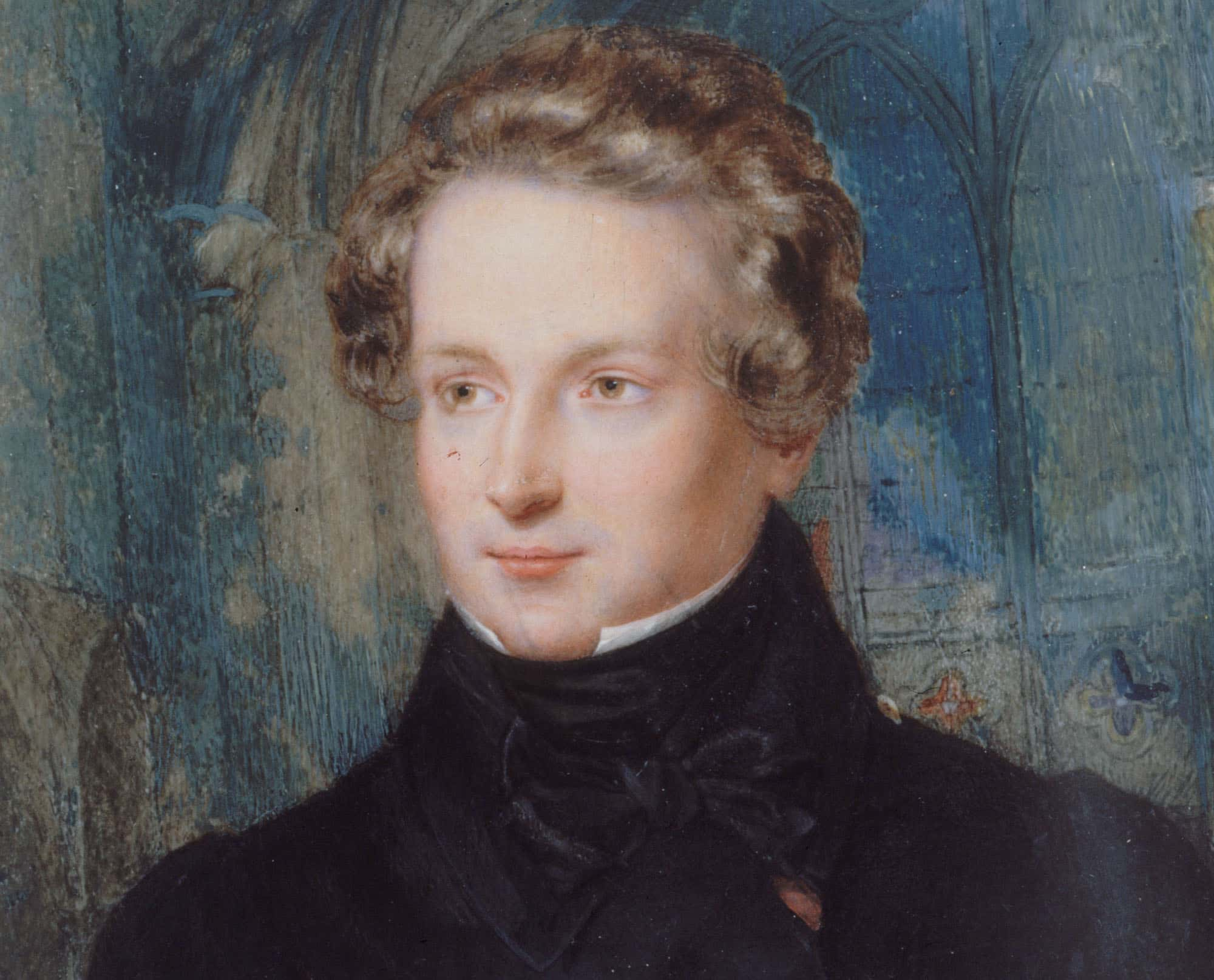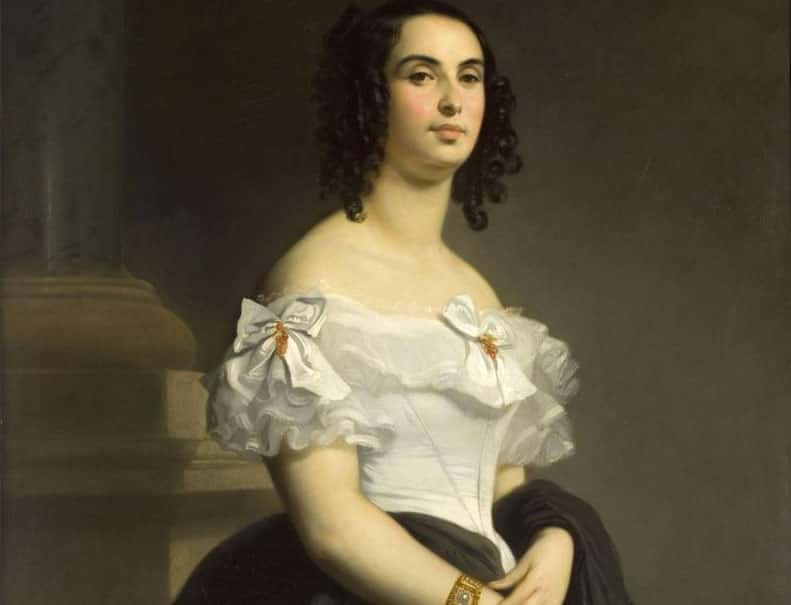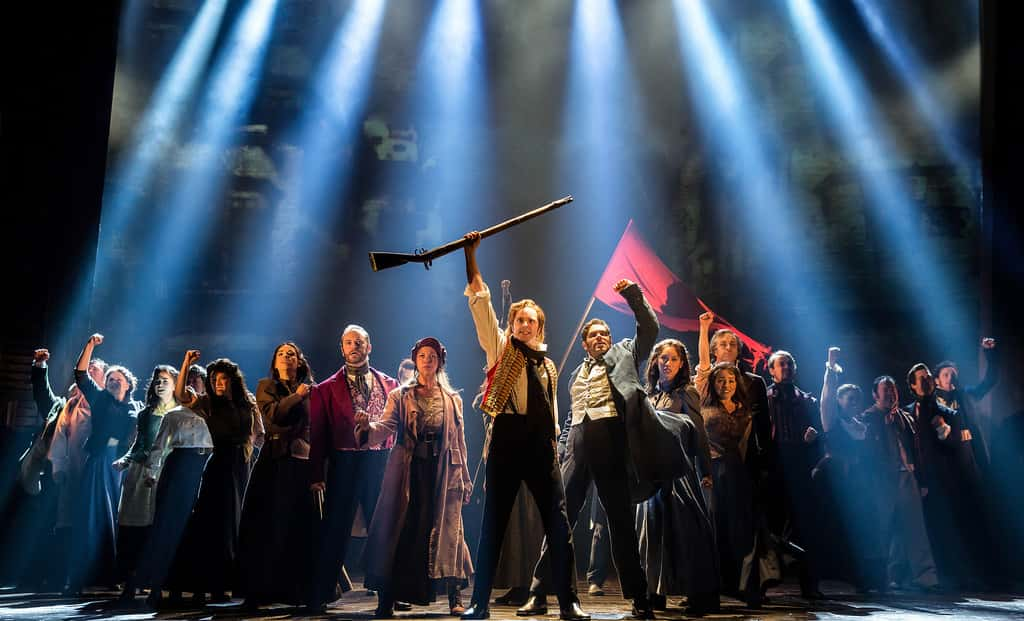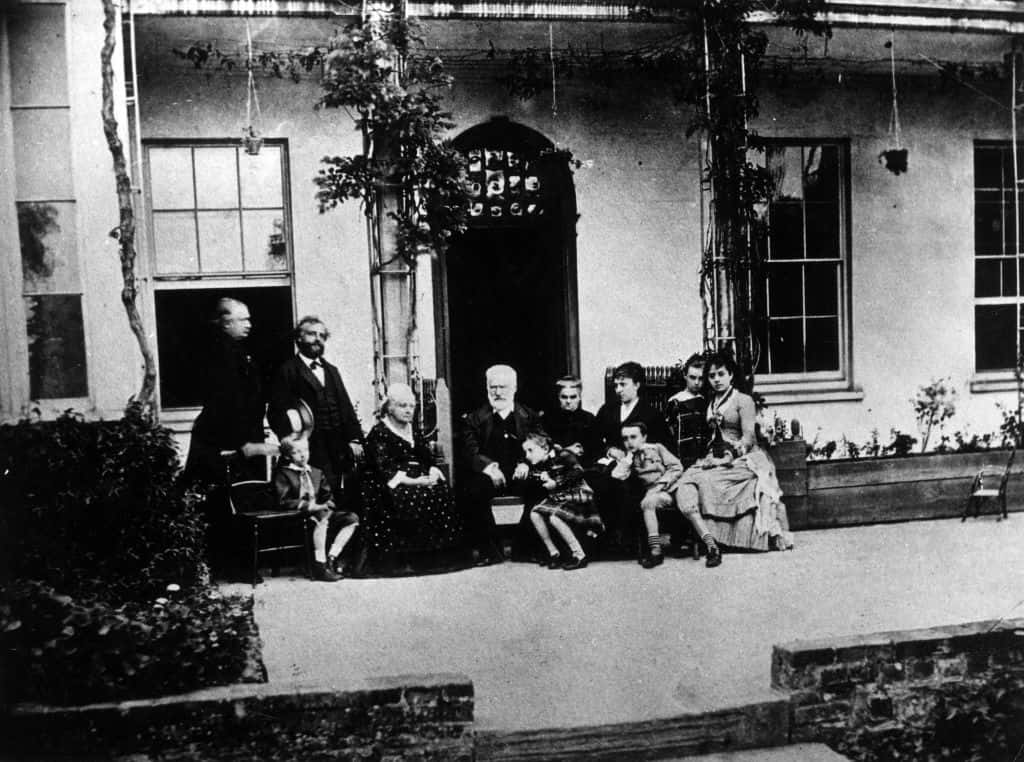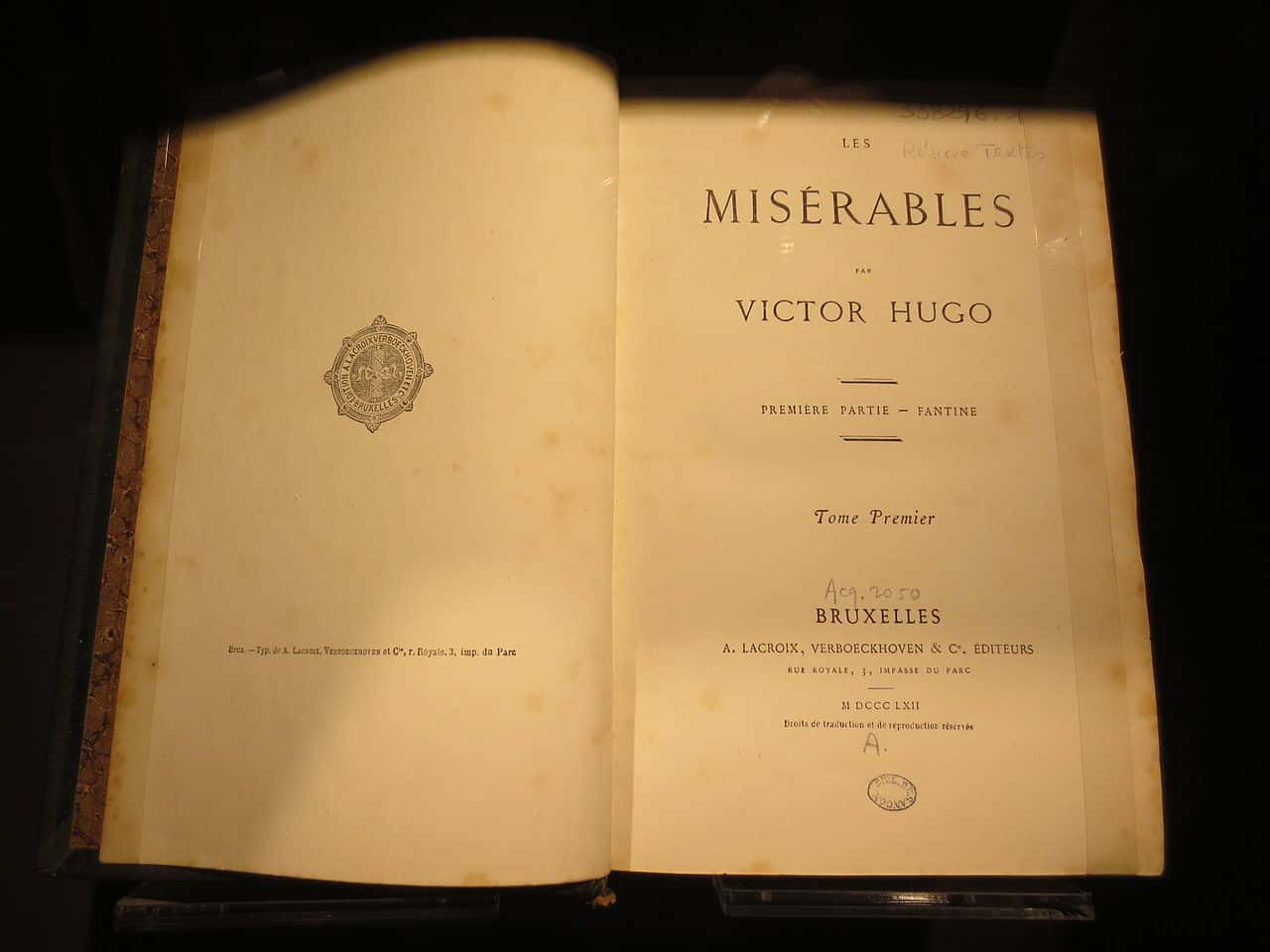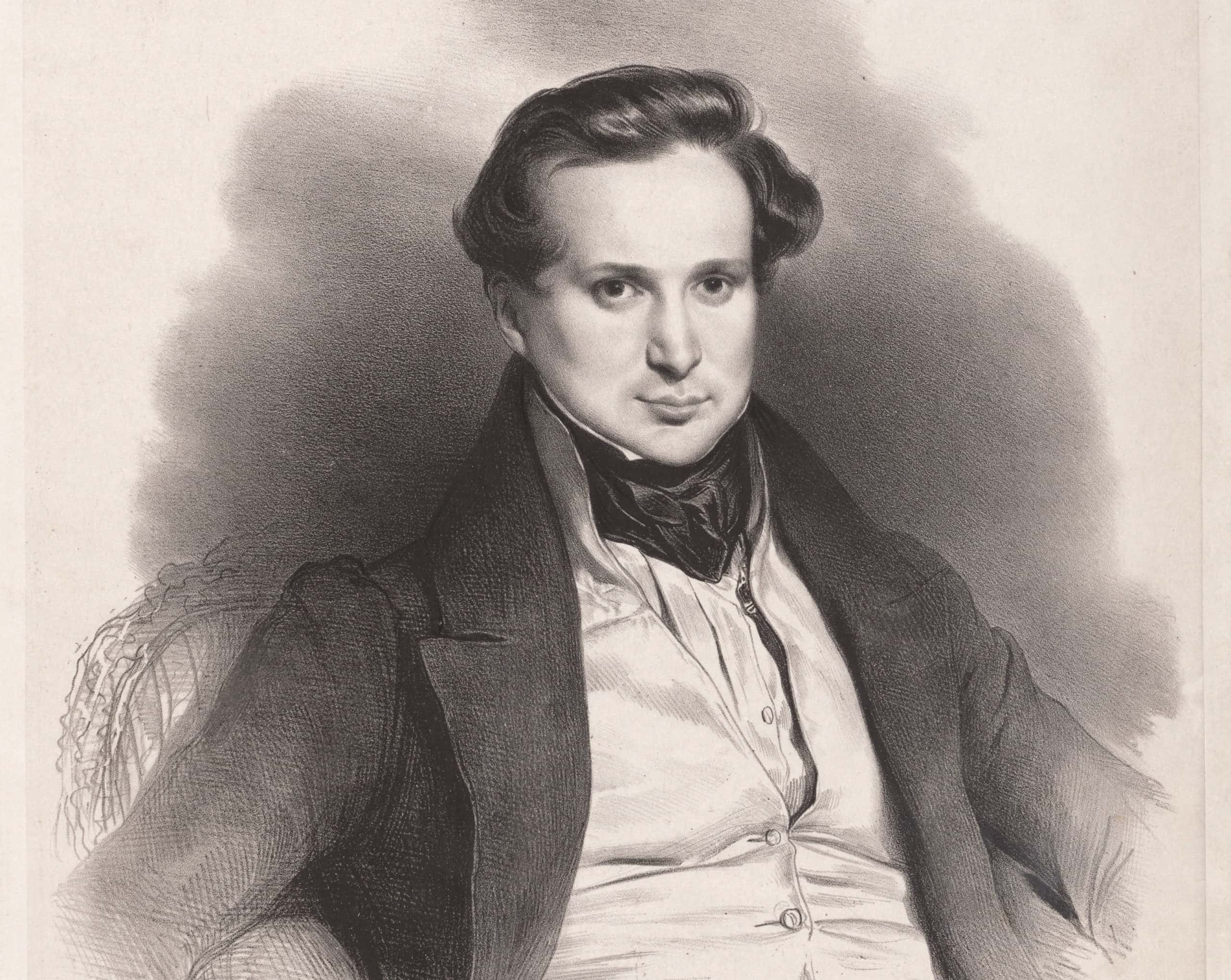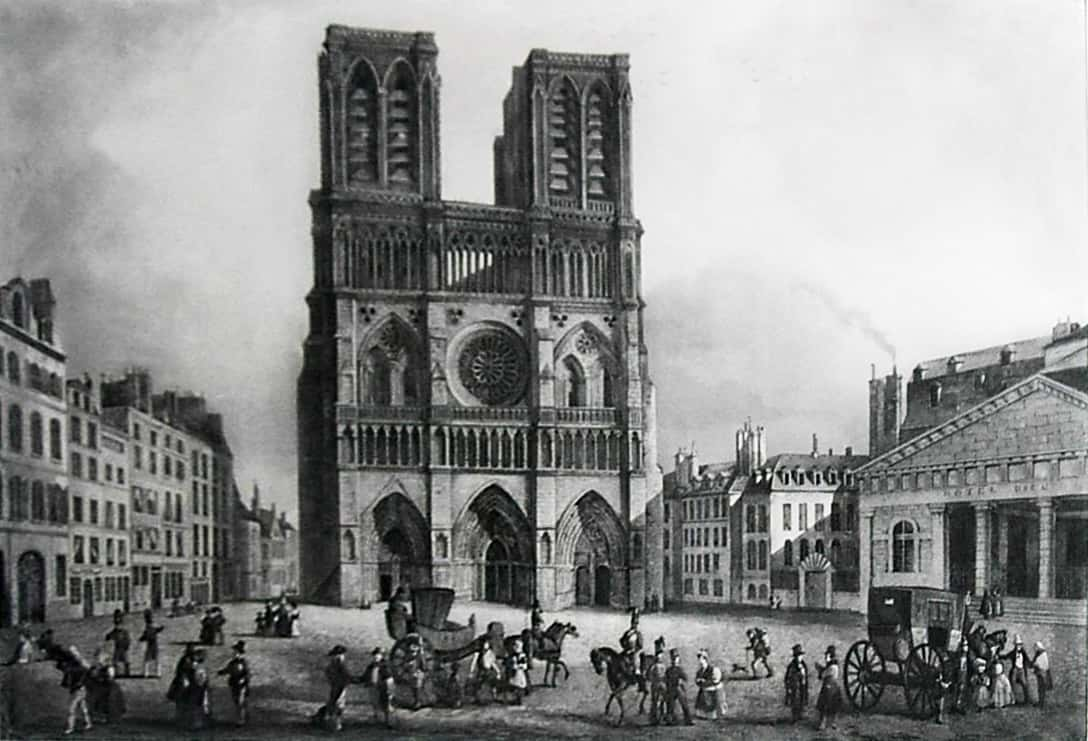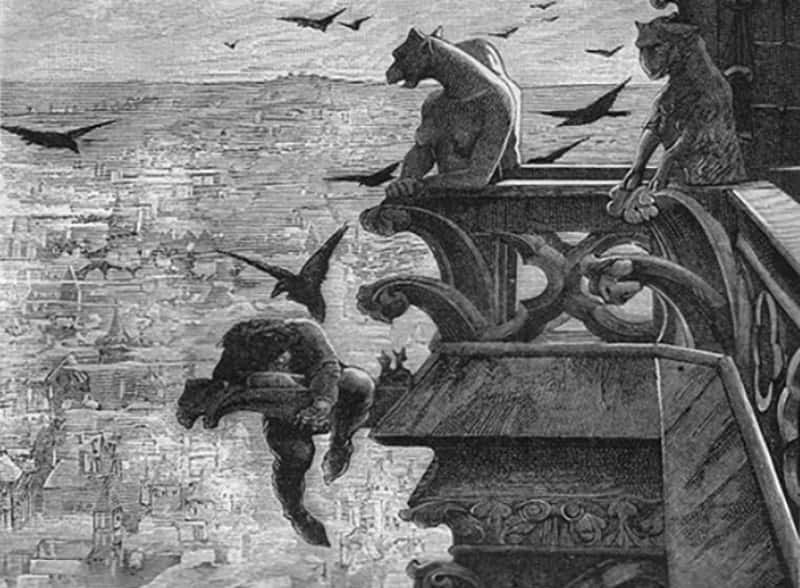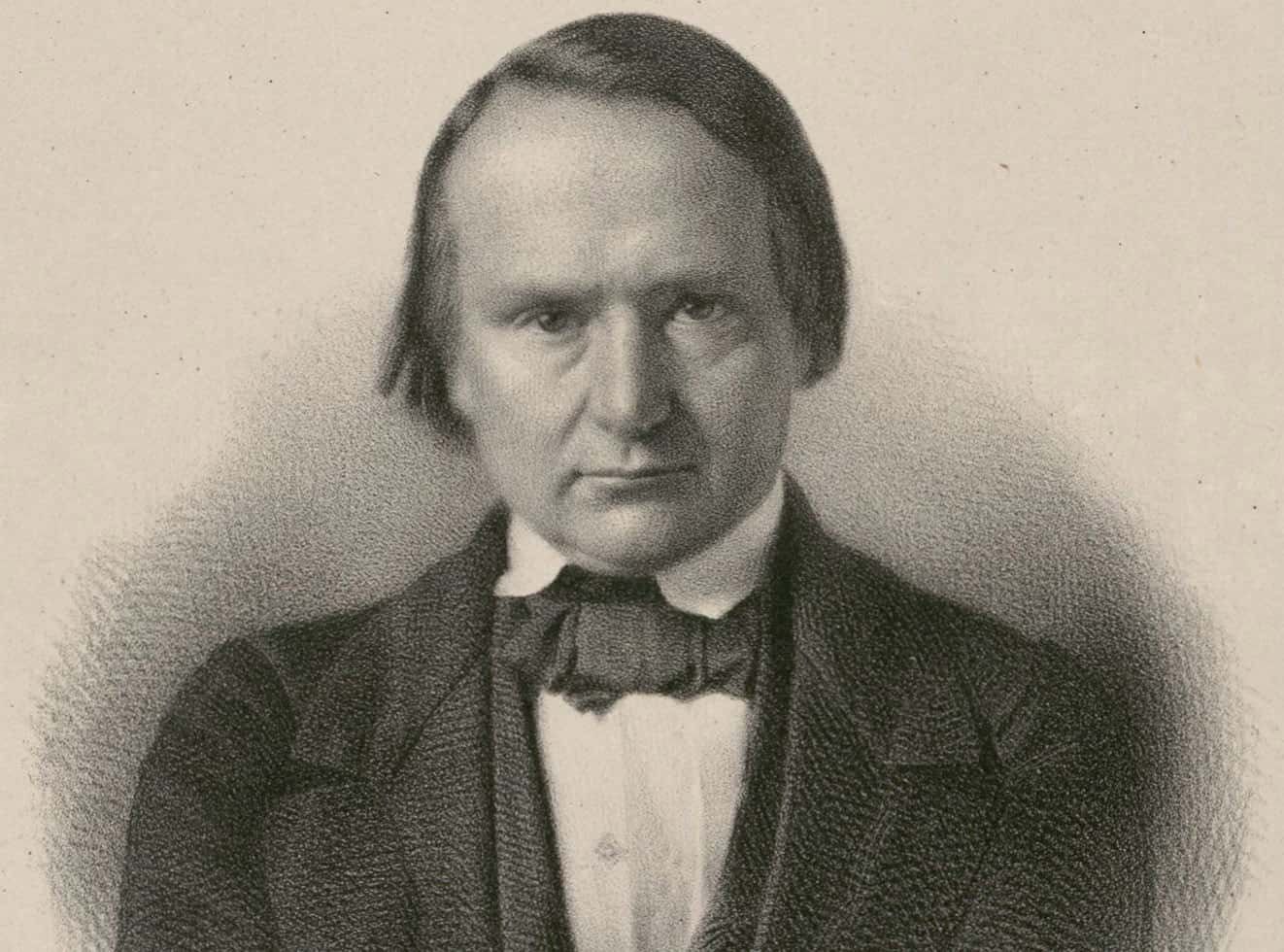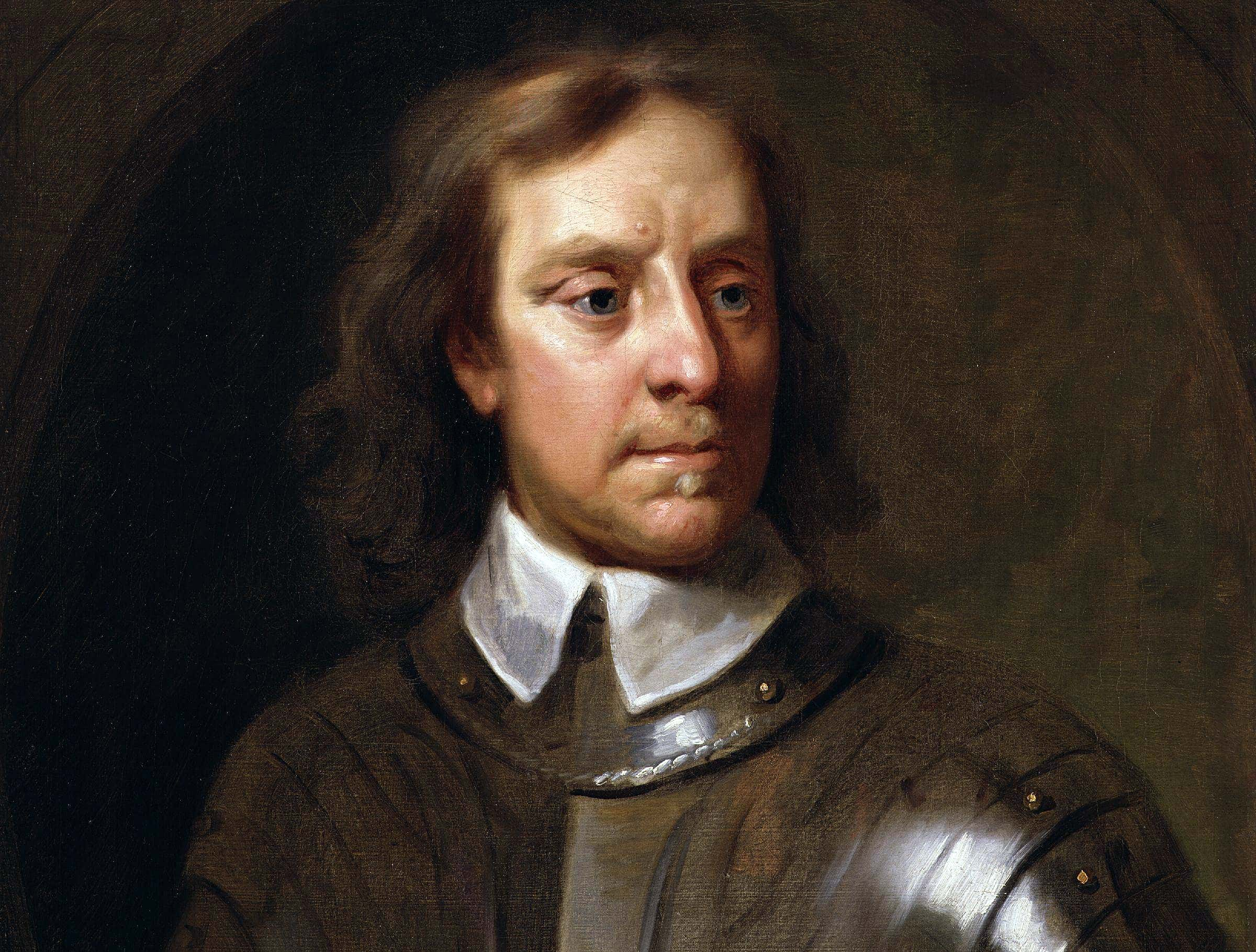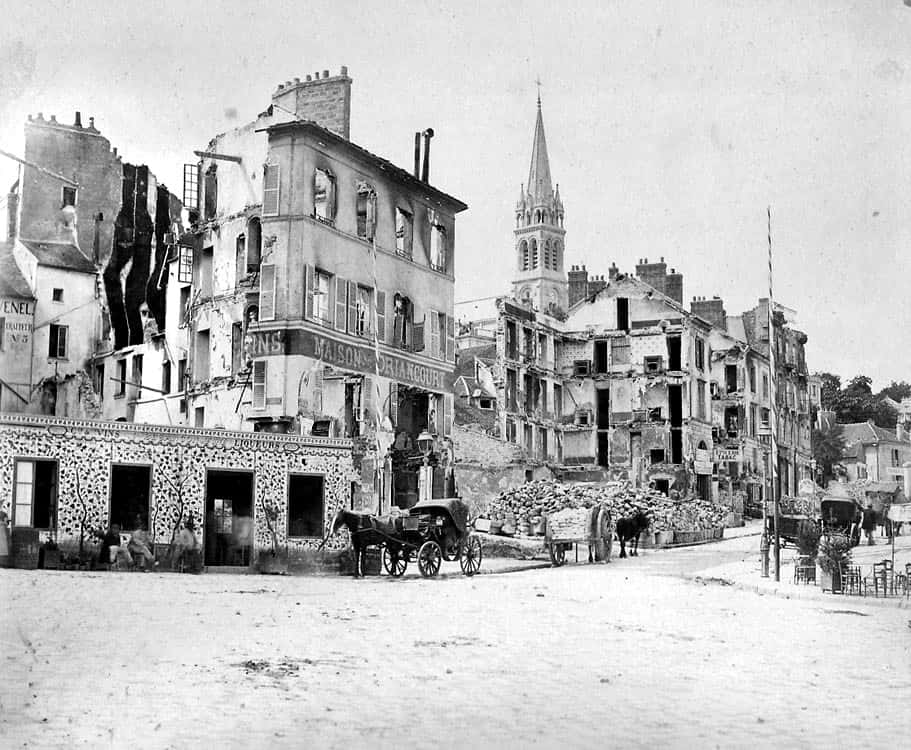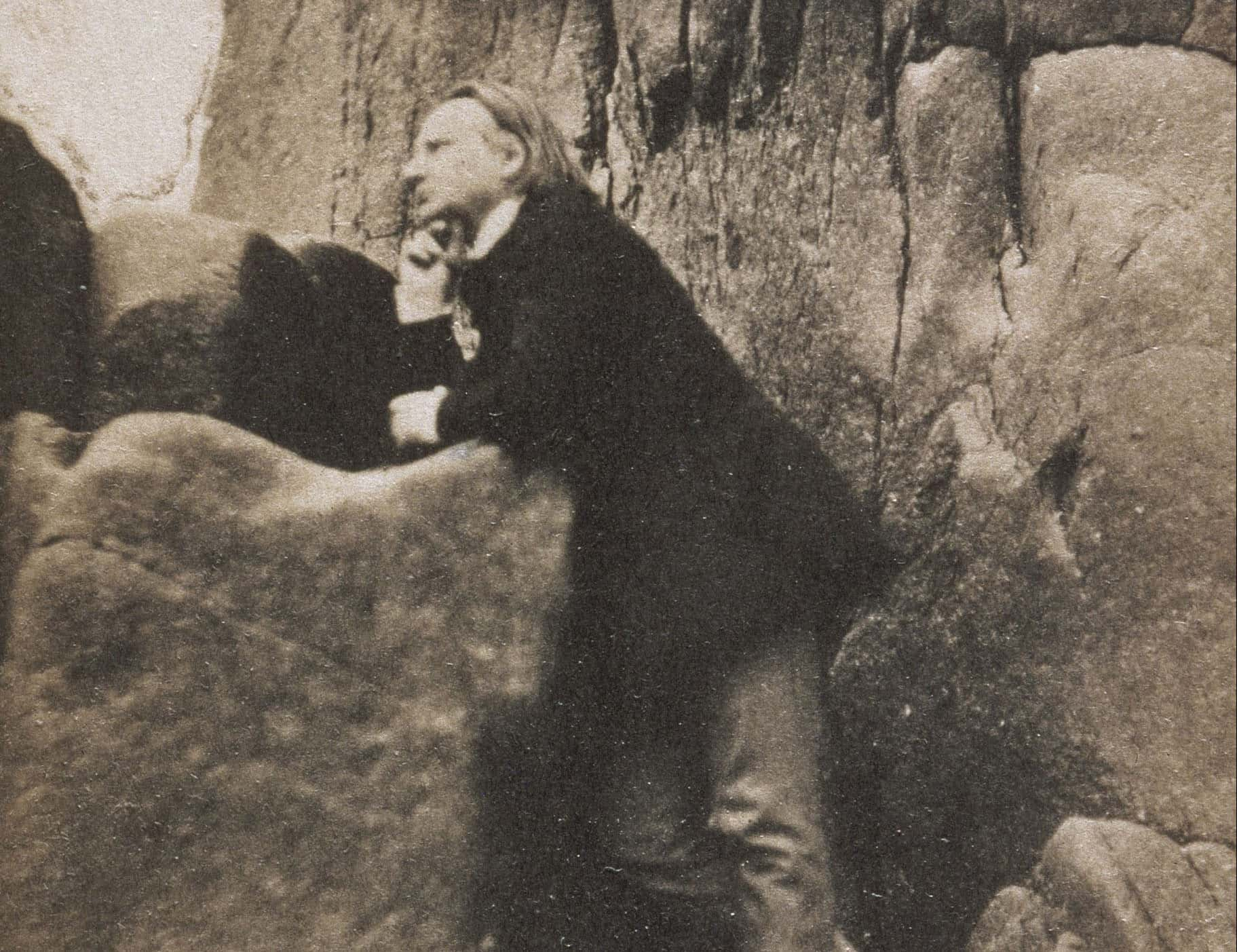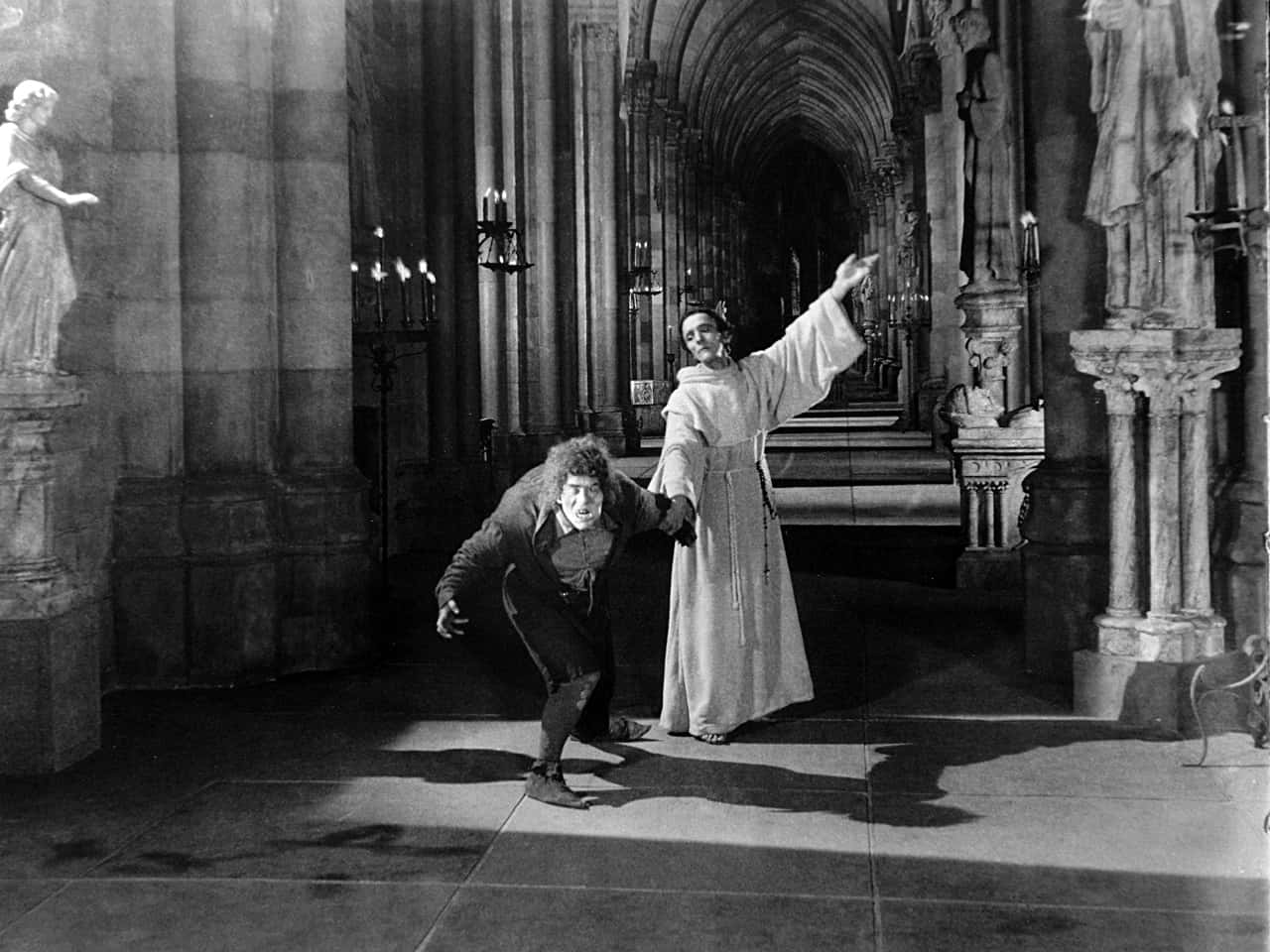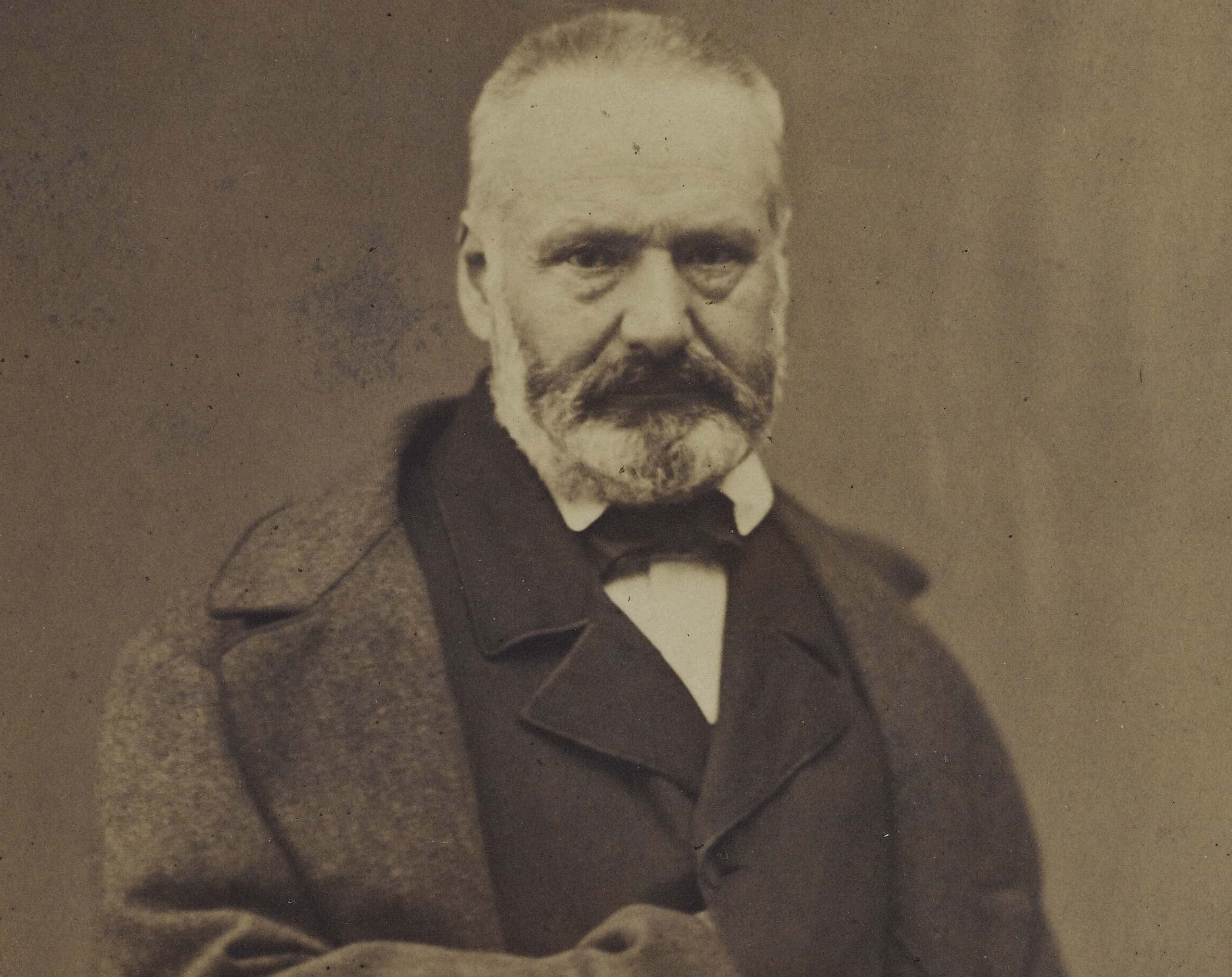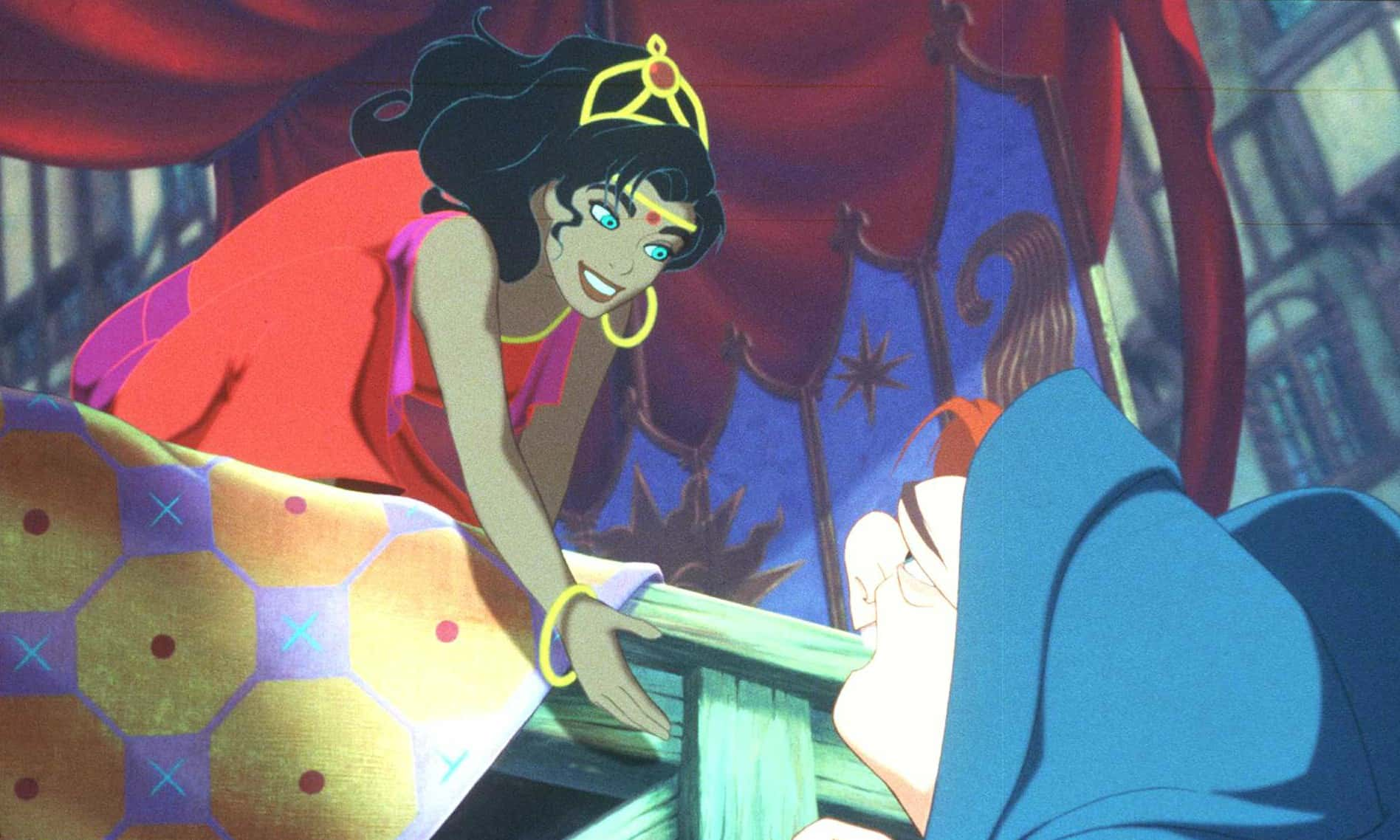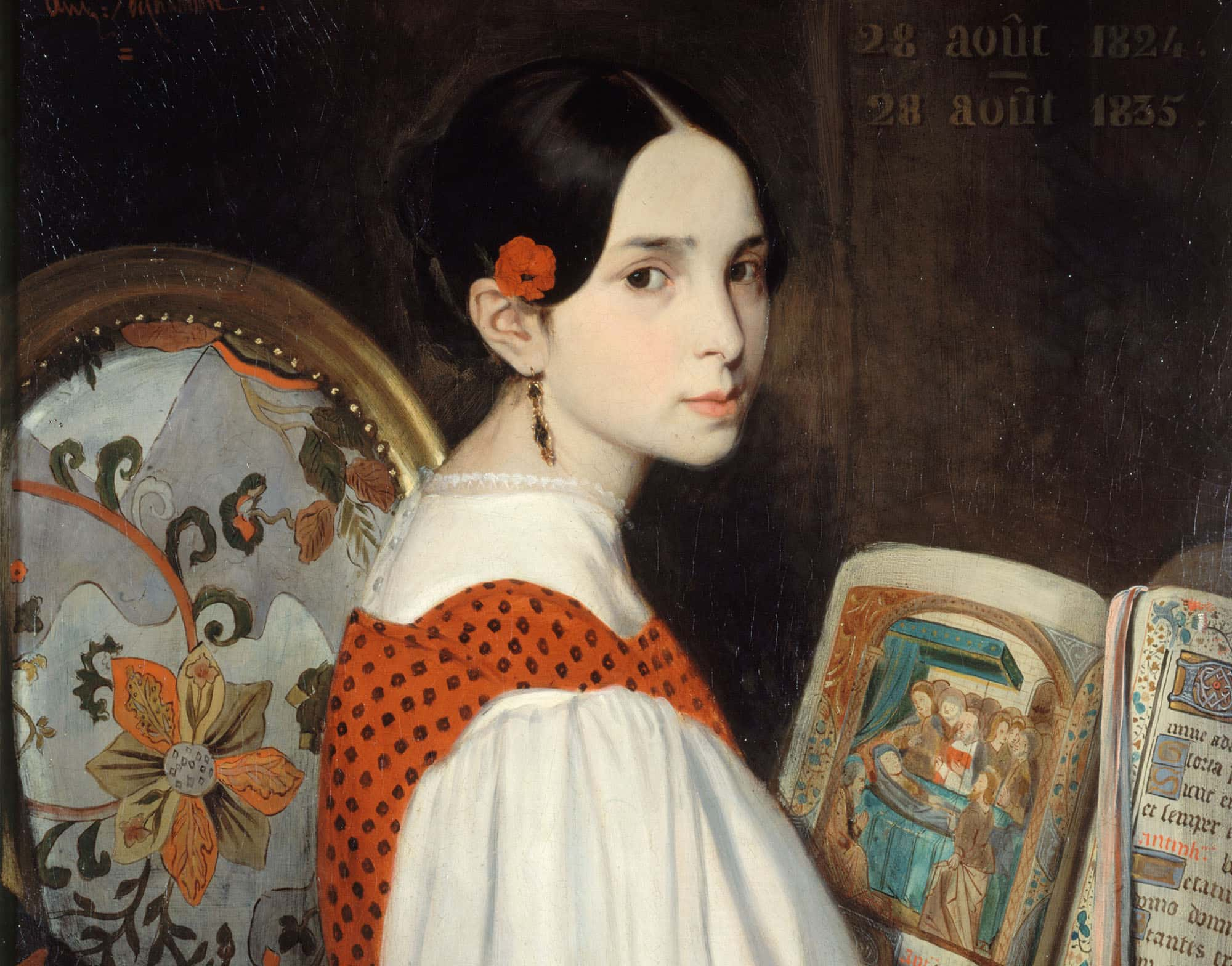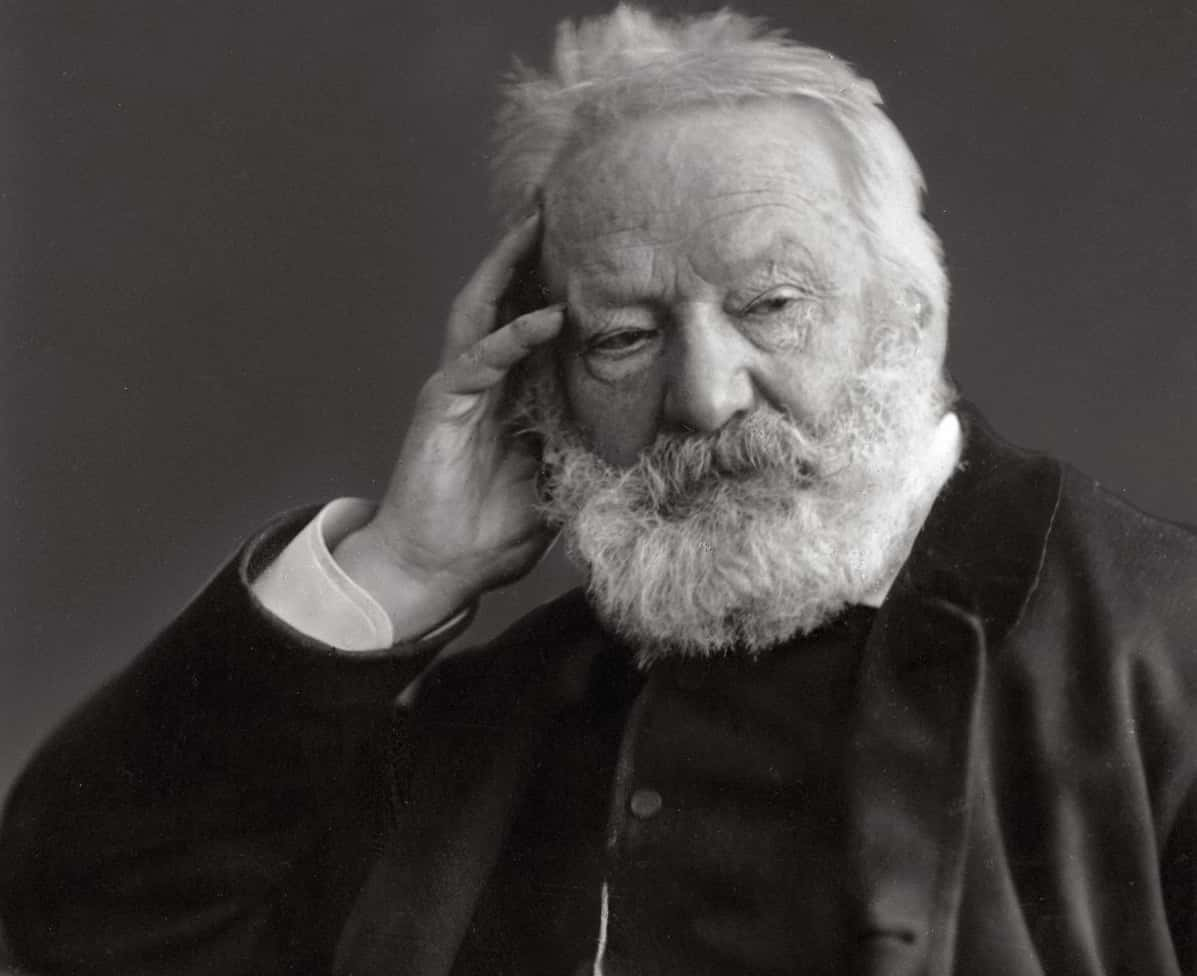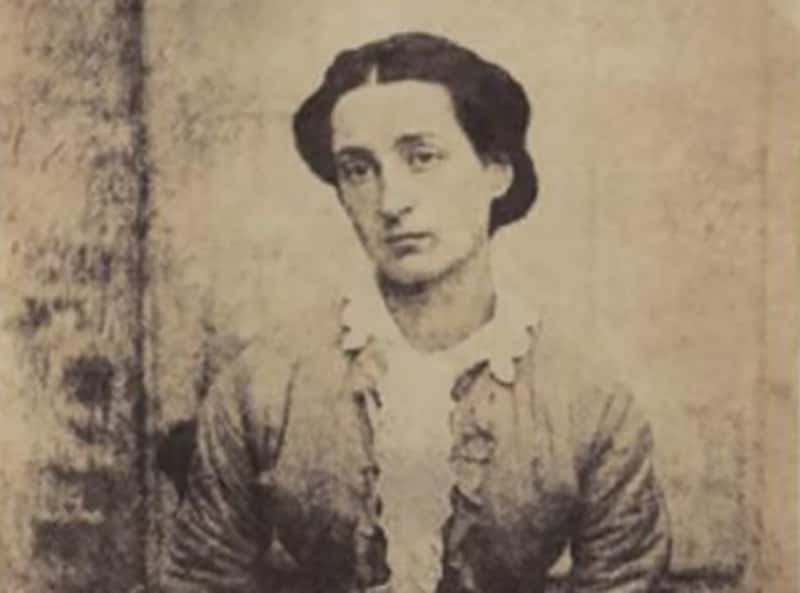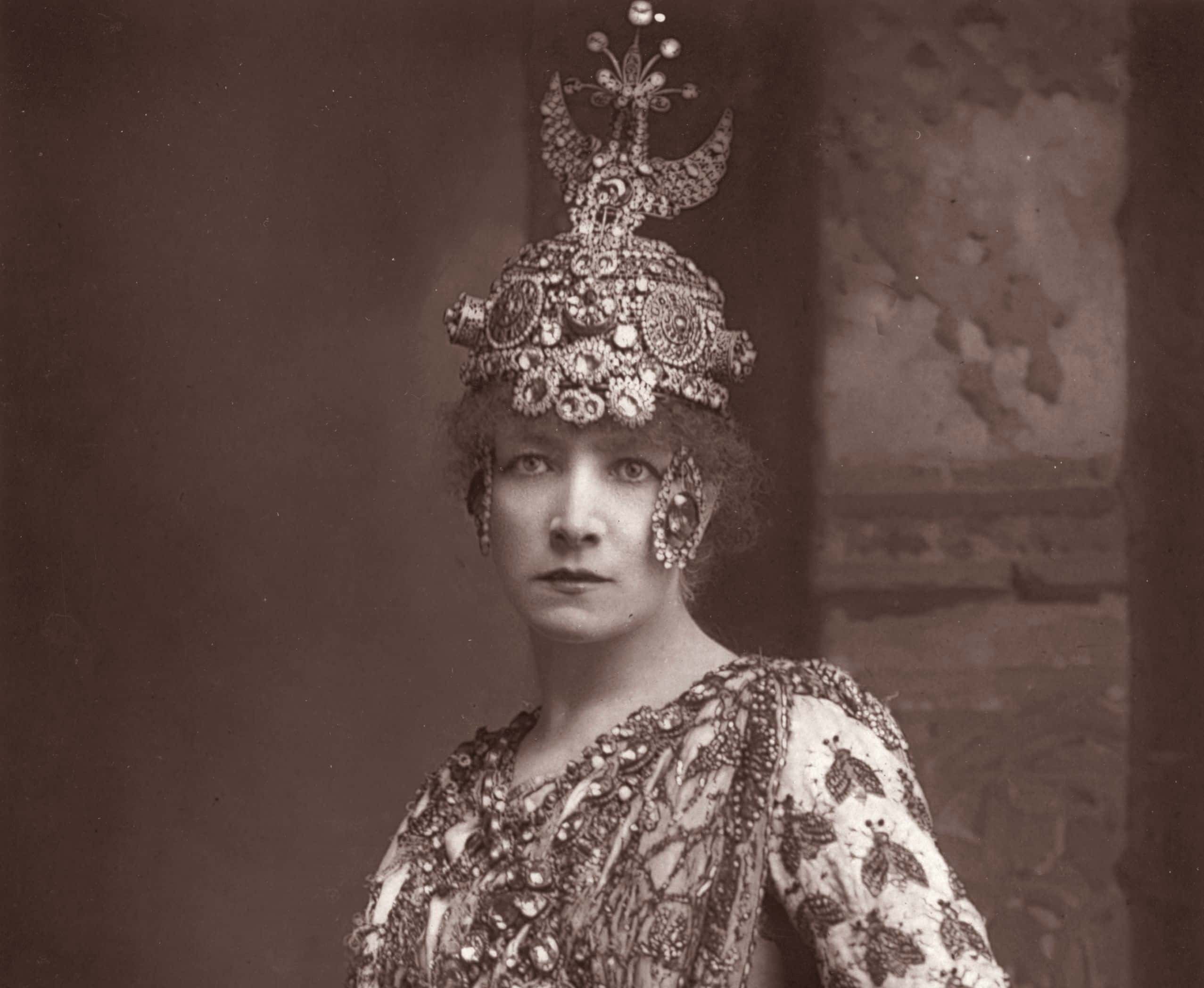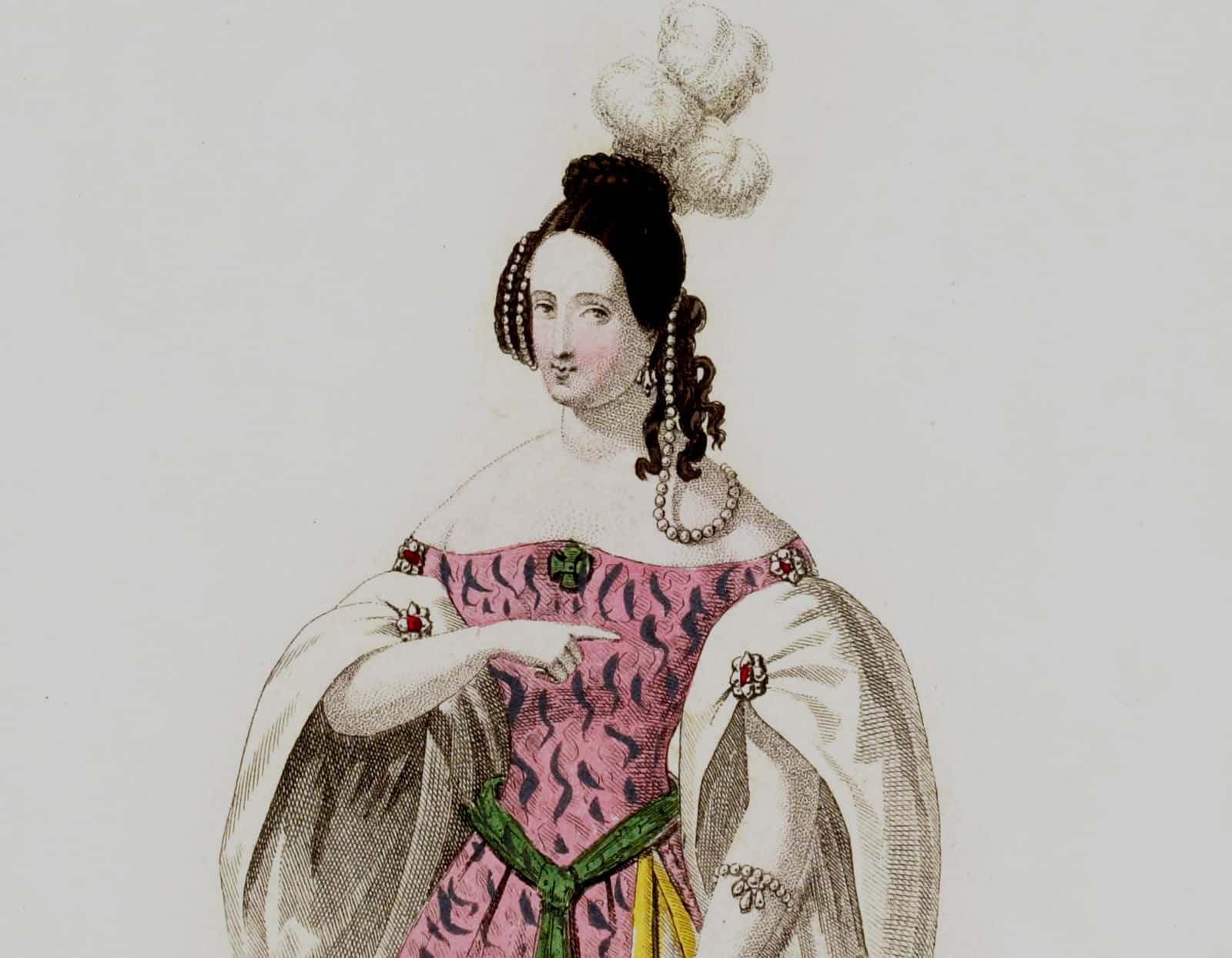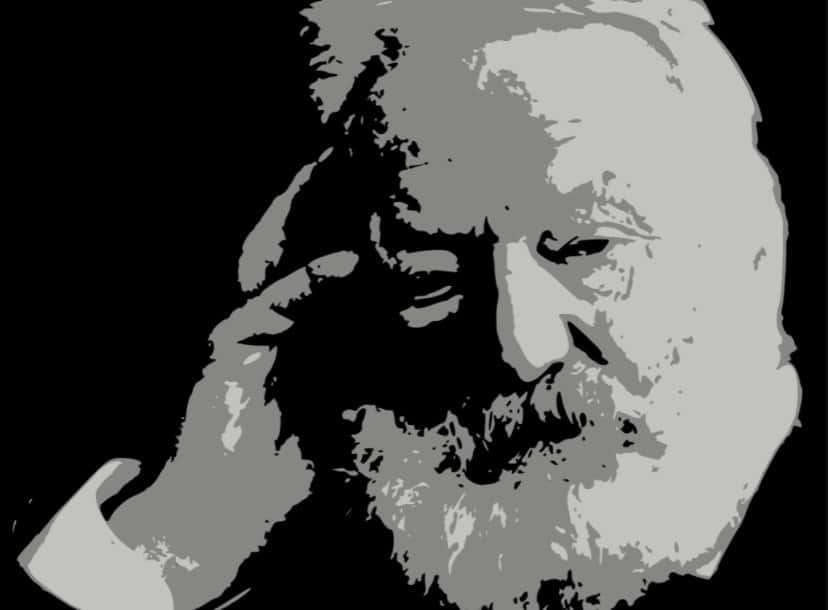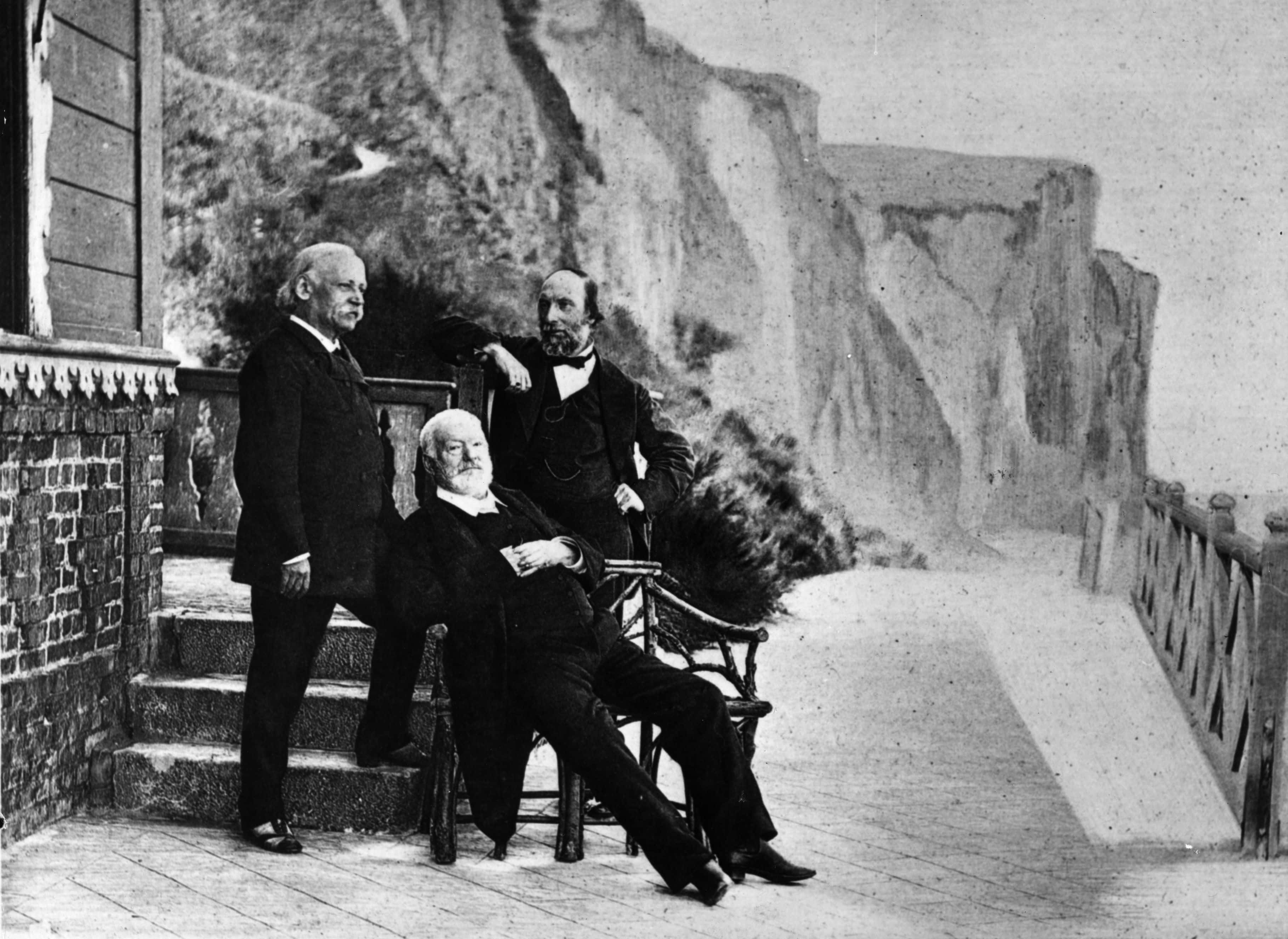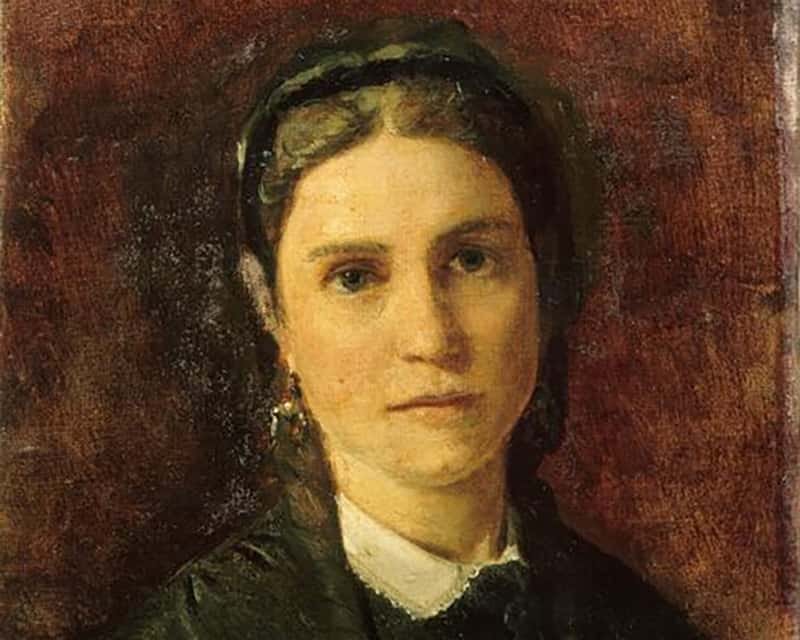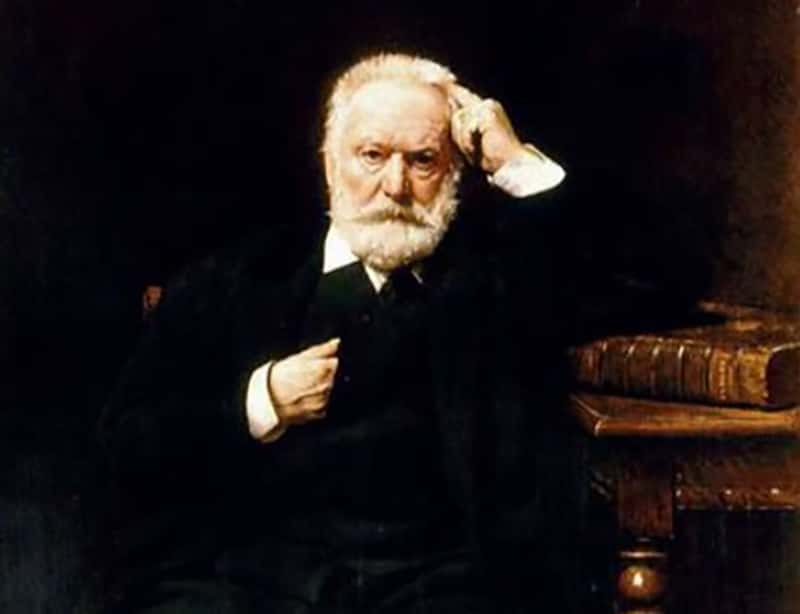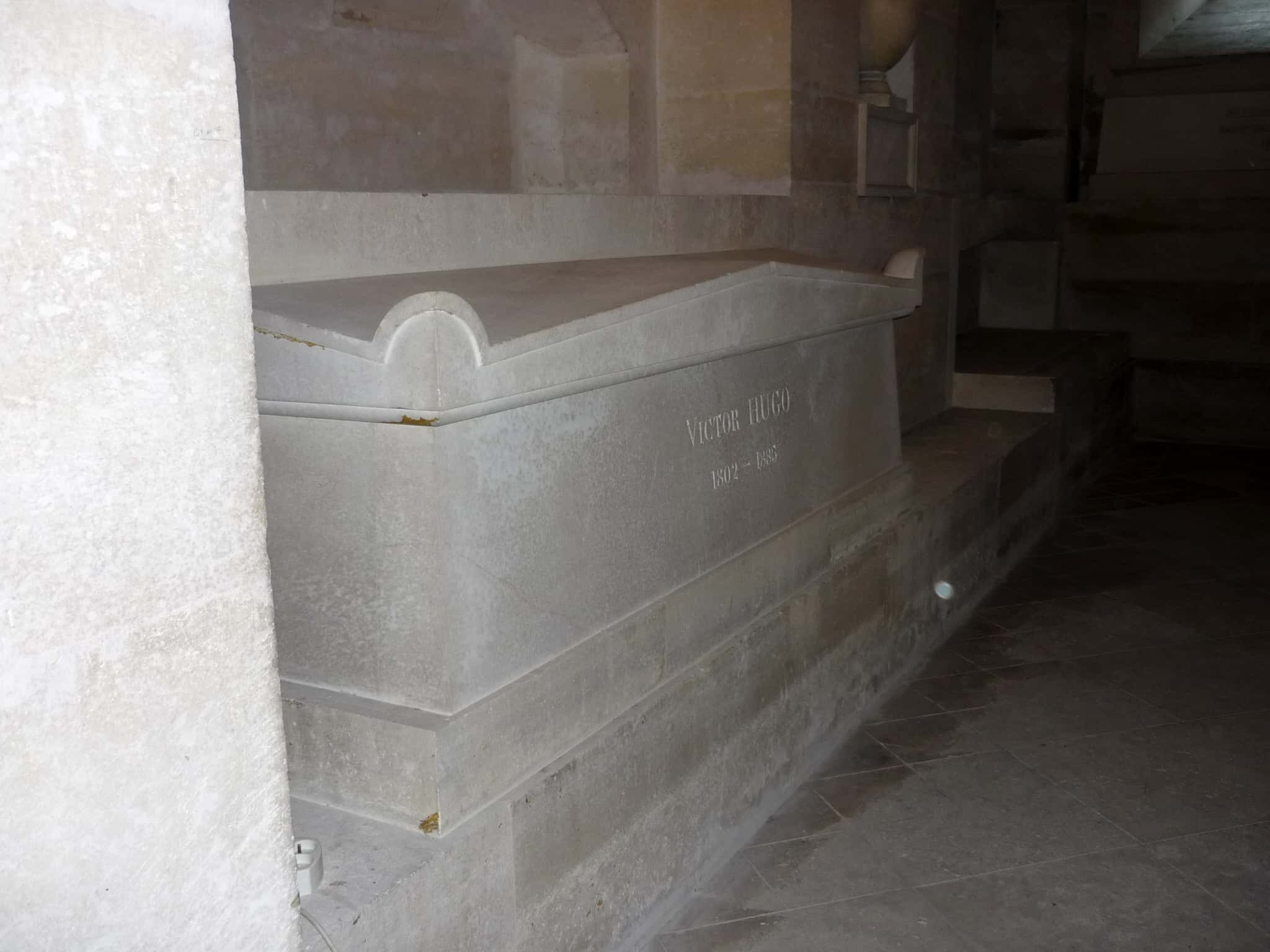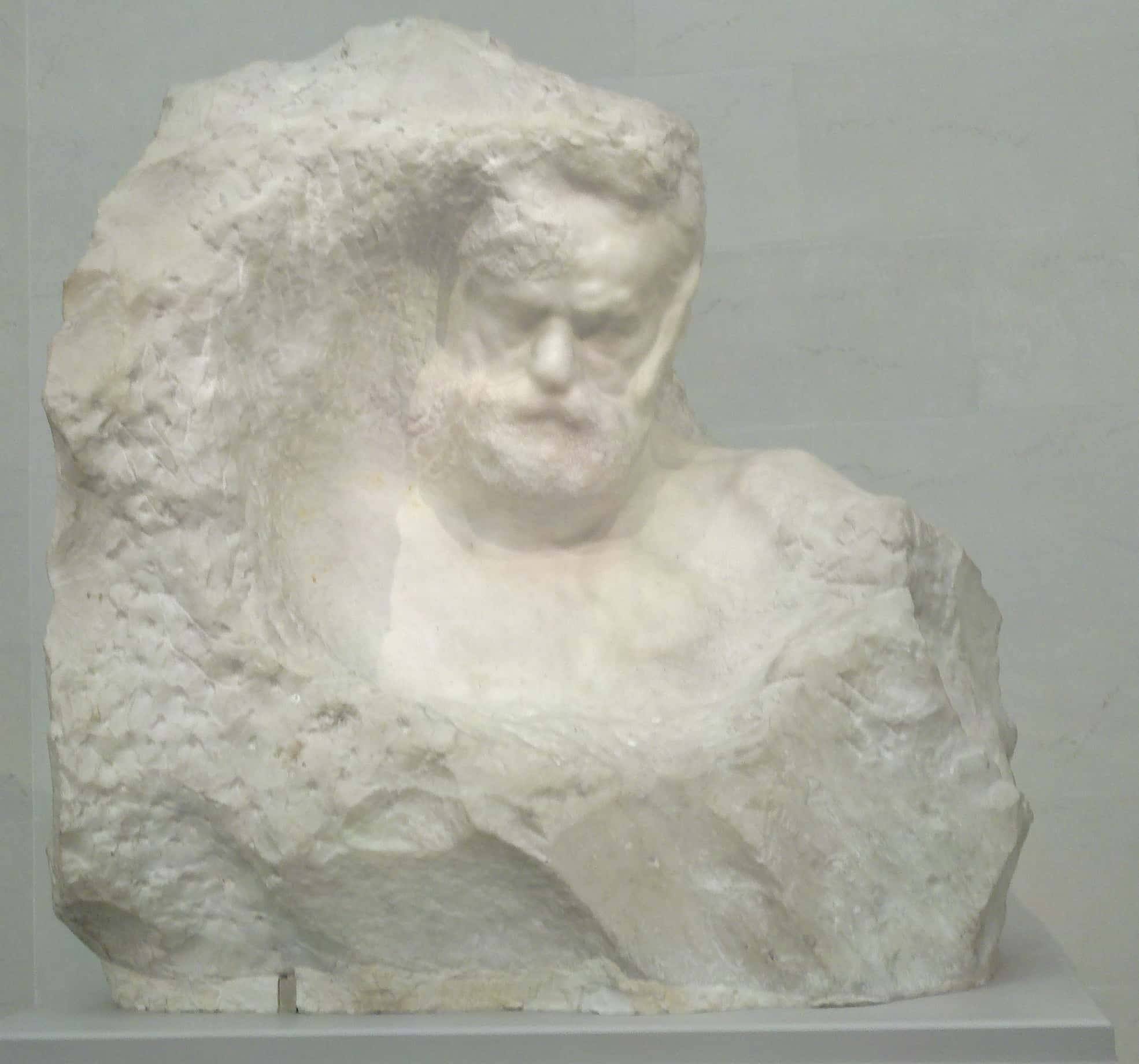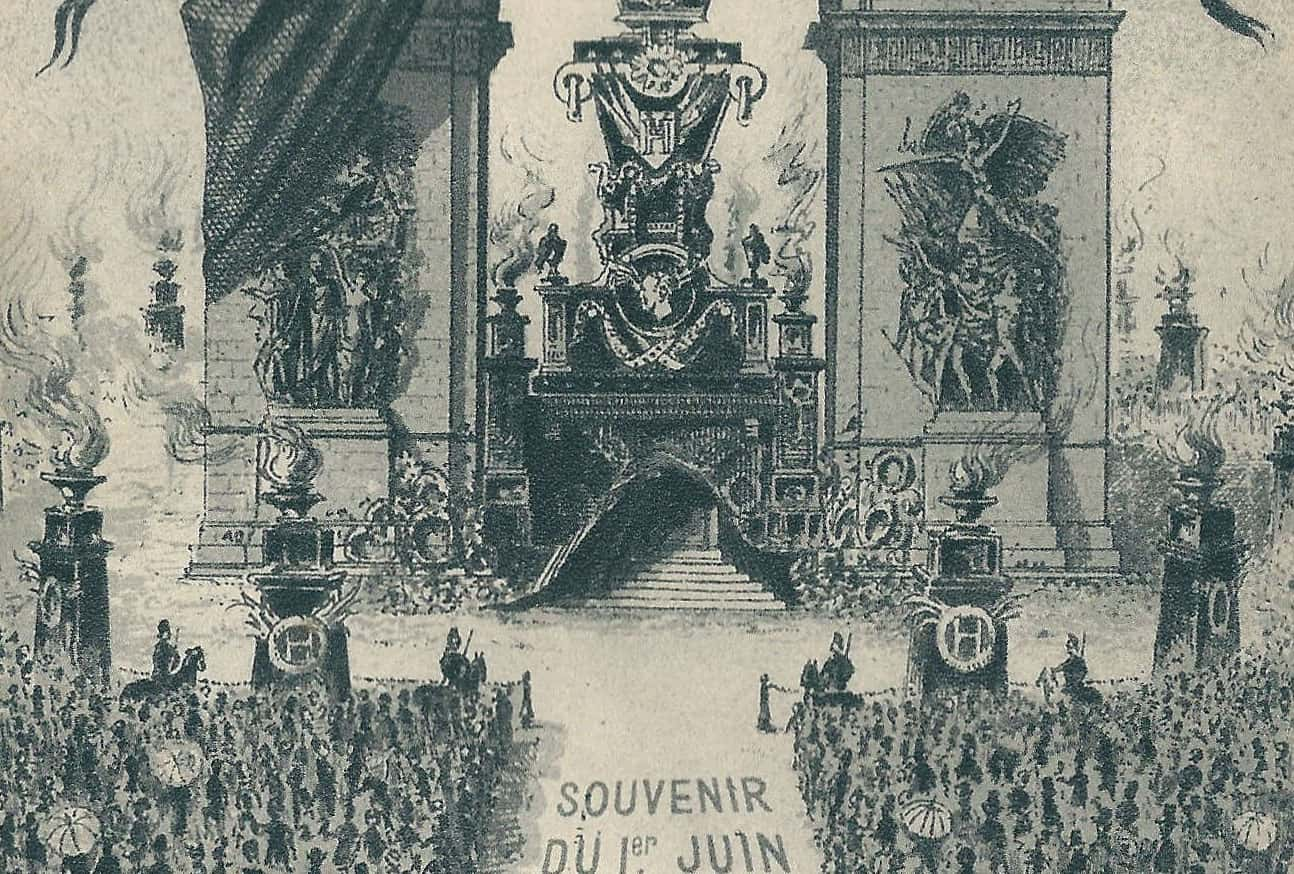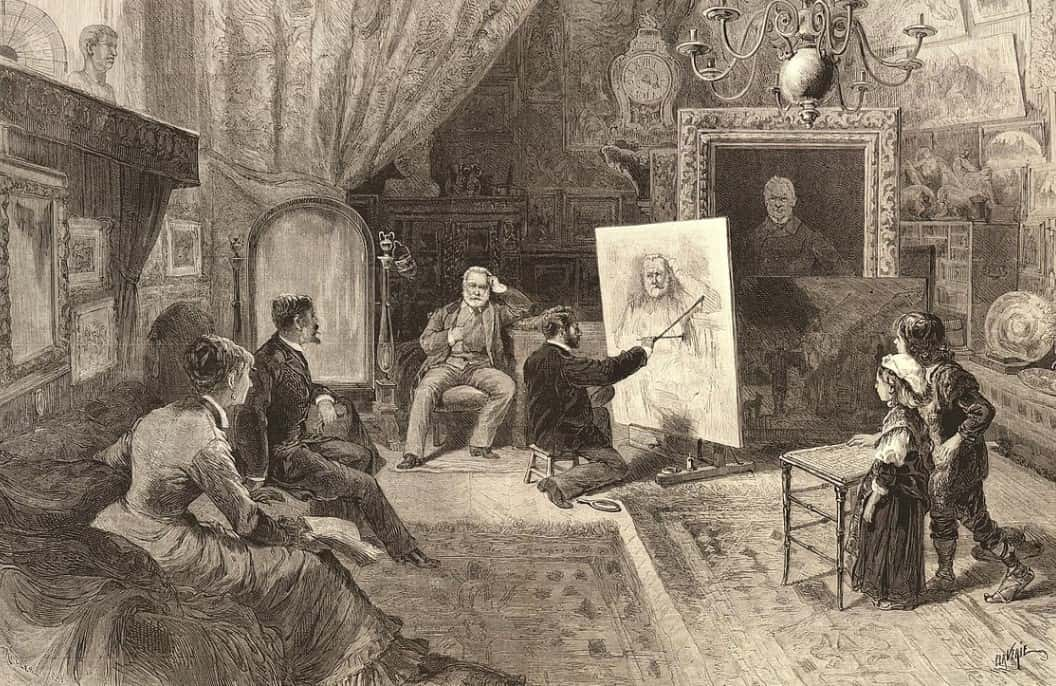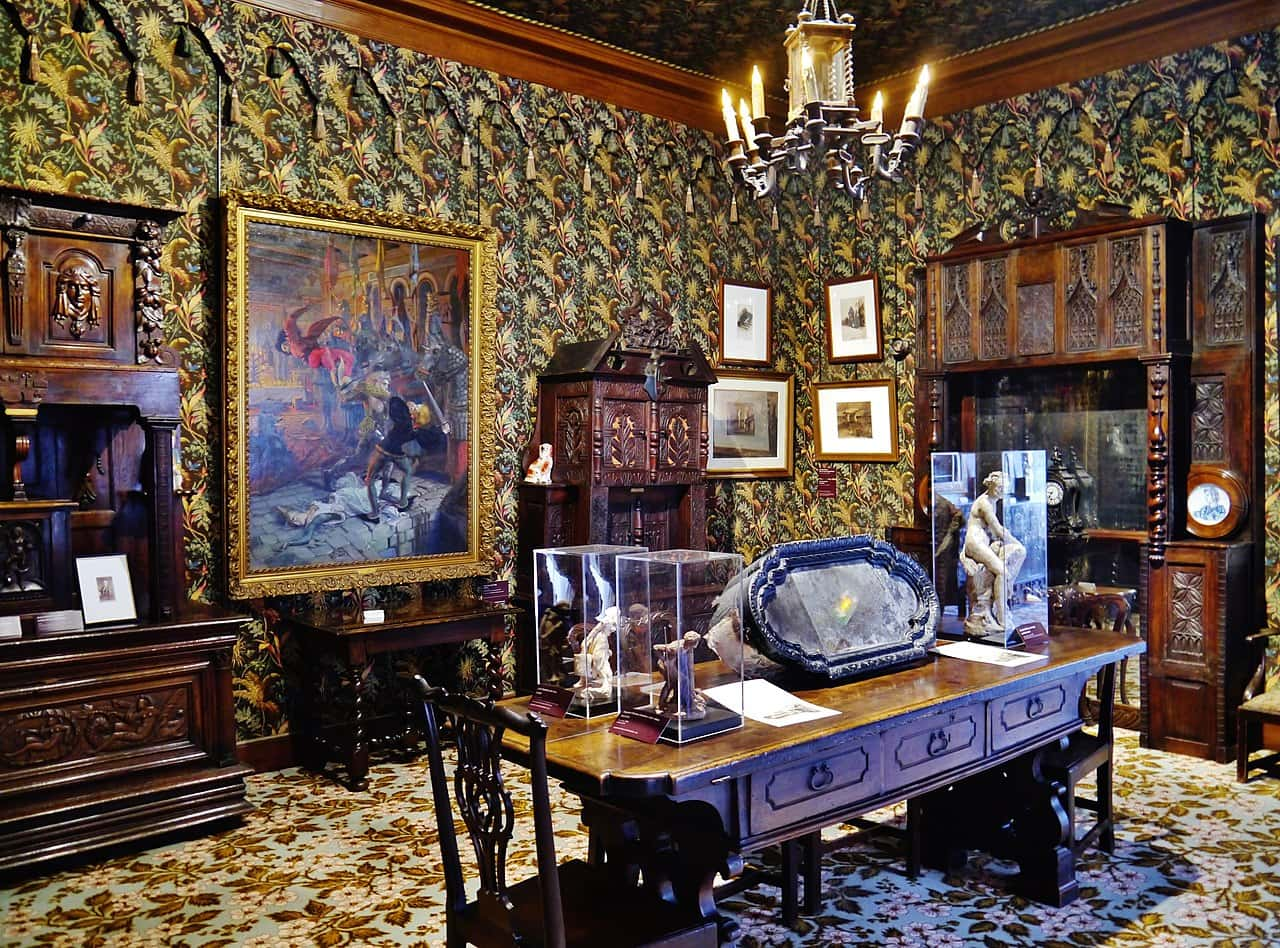The Truth About France's Greatest Novelist
Victor Hugo is one of the most famous French writers of all time, having gifted the world with not just one, but two classics of literature: Les Miserables and The Hunchback of Notre Dame. Not only that, his writing has been adapted into various musicals, onstage and onscreen.
Of course, a casual reader might only know of those two novels and forget that he wrote so much more than that. So what else did Hugo write? How did he become the man he was? Keep reading to find out!
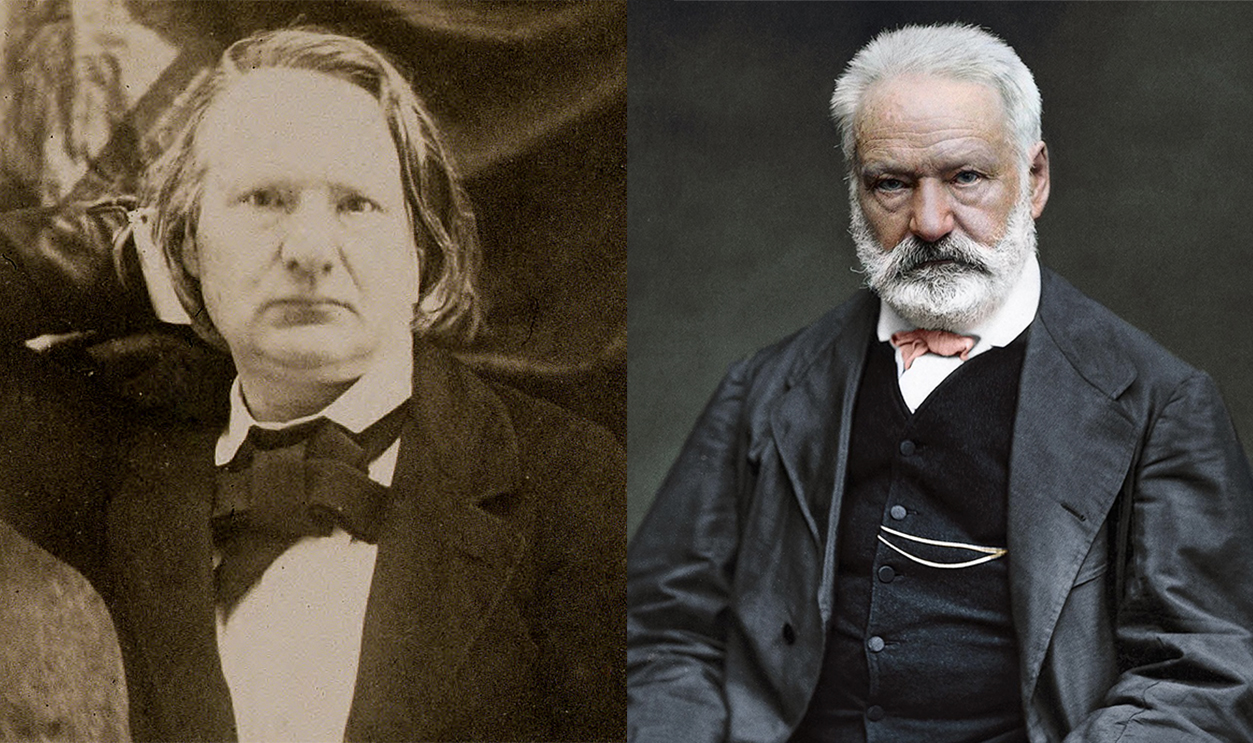
1. Prologue
Hugo was born on the 26th of February 1802. He was the third son of Joseph L. S. Hugo and Sophie Trebuchet. His brothers were Abel and Eugene.

2. Disgraced Father
When Hugo was a toddler, Napoleon Bonaparte became the Emperor of France. Hugo’s father, Joseph, served in Bonaparte’s army as a senior officer. Unfortunately, the repeated defeats suffered by the French armies led to Joseph’s reputation taking a beating as well. In fact, Hugo's father fell so far out of favor with Bonaparte that his name was excluded from the Arc de Triomphe in Paris.
3. Never Talk Politics
While Hugo’s father was a devout supporter of Bonaparte, the same couldn’t be said of his mother. Sophie was a royalist and a devout Roman Catholic, and she was even rumored to have had an affair with a general named Victor Lahorie. For his role in conspiring against Bonaparte, Lahorie would be executed in 1812.
4. Maybe I’ll Just Wait for the Movie
Most of you are probably familiar with the epic musical Les Miserables, which has been performed hundreds of times onstage and onscreen. However, these were all based on the book written by Hugo. It was first published in 1862 and remains one of the longest books ever written. It spans 1,900 pages in its original French and 1,500 pages in English!
5. Let’s Go on Vacation
On one occasion during Hugo’s childhood, he and his family went on a trip to Naples in Italy. The journey took six months, and Hugo got the chance to witness such marvelous locations as Rome, the Alps, and the Mediterranean. The trip left such an impression on him that he would remember it for the rest of his life, despite being just five when it all took place.
6. Career Breaking up the Family
Not only did Hugo’s parents clash about their different values, they also argued fiercely over all the traveling that the family had to do thanks to Joseph’s job as an administrator and army leader. After she had had enough of the situation, Sophie separated from Joseph and took the children with her to Paris in 1803.
7. Momma’s Boy…Never Mind
Hugo maintained a very close relationship with his mother, and his early writing closely reflected her own political and religious beliefs. This close relationship, however, got in the way when Hugo fell in love with Adele Foucher. Sophie disapproved of the relationship, and Hugo didn’t marry Foucher until the year after his mother’s passing in 1821.
8. Do You Hear the People Sing?
Hugo was a personal witness to the failed 1832 June Rebellion, walking the streets of a warring Paris when the barricades still stood. Hugo even had to avoid gunfire on several occasions before the revolt was crushed. It left a lasting impression on him: Hugo would later immortalize the revolt in Les Miserables.
9. Family Matters
Adele Foucher and Hugo would have five children together; two daughters (Leopoldine and Adele) and three sons (Leopold, Charles, and Francois-Victor). Sadly, Leopold, their first child, would die when he was still an infant.
10. Get to the Point
One of Hugo’s traits as an author was a large number of digressions. One reason why The Hunchback of Notre Dame and Les Miserables were so long was because a significant portion of their content was taken up by essays which Hugo wrote into the story to make a point. They don’t advance the story in any way; they were put in there purely because Hugo had an opinion on something.
Of course, while one of Hugo’s biographers wrote that "the digressions of genius are easily pardoned," some book readers might disagree on Hugo’s constant wandering attention span.
11. This Feels Almost Mundane!
In 1833, Hugo wrote the play Lucrezia Borgia, named for the historical member of the controversial Borgia family. Like many of Hugo’s works, it would inspire an opera, which in turn inspired several films.
 The Borgias (2011–2013), Showtime Networks
The Borgias (2011–2013), Showtime Networks
12. He Makes George R.R. Martin Look like Stephen King
It took Hugo decades to give us Les Miserables. He first began writing it in the 1830s, but the book wasn't published until 1862. Though given how long the book is, we can’t be that shocked at how long it took him to write it!
13. Save the Cathedral
One thing that irked Hugo immensely was the neglect of the old medieval architecture in Paris. Historical preservation wasn’t as big of a deal then as it is now, but Hugo tried to get the ball rolling. In fact, few people will remember that he originally wrote The Hunchback of Notre Dame in an effort to draw people’s attention back to Notre-Dame’s Gothic style of architecture, which at the time was falling apart due to age and neglect.
14. Sacré Bleu!
With such a focus on Notre-Dame’s architecture within the book, it might not surprise you to know that Hugo didn’t originally title his book The Hunchback of Notre-Dame. The original French title is Notre-Dame de Paris, and Hugo was apparently very annoyed by the change when he heard about the new English title.
15. Writer’s Block
Despite Hugo’s desire to save Notre-Dame, he fell victim to that most dangerous vice for writers: procrastination. He originally made a deal with his publisher, Gosselin, to complete the novel in 1829. However, other projects drew his attention away from The Hunchback of Notre Dame and by the summer of 1830, Gosselin gave Hugo an ultimatum to finish the book by February of the following year. Hugo finally buckled down and spent six months finishing the book.
16. Nameless to History, Fantine to the People
One of the main inspirations behind Hugo’s Les Miserables was a tragic incident that Hugo was involved with. He witnessed a courtesan being threatened with arrest, and he personally intervened to exonerate her. As you’ve probably guessed by now, this woman would later be the inspiration for the tragic character Fantine.
17. Shoot for the Moon
Hugo’s work helped to define the Romantic movement. This style of art put a heavy emphasis on emotions and individualism, and while Hugo was hardly the first person to utilize it in French art, he became one of its defining representatives. He is actually credited with writing the French Romantic movement’s "manifesto," which is actually the preface to his play Cromwell.
18. As Long as It Wasn’t a Skunk
When the Prussians invaded France in 1870 and besieged the city of Paris, Hugo was one of the civilians who were caught inside at the time. He, along with many others, resorted to eating the meat of animals from Paris’ zoo. He wrote in his diaries that at one point, he’d had no idea what kind of animal he’d been eating. Maybe for the best?
19. Anti-Guillotine
One of Hugo’s greatest personal battles was the desire to abolish the death penalty in France. Hugo considered it "barbaric" to execute someone for any reason. Such was his influence in the campaign that Hugo was even credited as an influence in the abolition of the death penalty in Portugal, Geneva, and Colombia.
20. You Win This Round, Fantasticks….
In 1980, Claude-Michel Schönberg, Alain Boublil, and Jean-Marc Natel put their heads together and released the French musical adaptation of Hugo’s Les Miserables. Interestingly, it was released as a concept album before it was put on stage. However, this proved to be advantageous, as the album got into the right hands.
In 1983, fresh off his success with Cats, producer Cameron Mackintosh was urged to listen to the album. With a libretto and lyrics written by Herbert Kretzmer, the English version of the musical opened in 1985 in London. Since then, it has continuously run in the West End, giving it a record as the longest-running West End musical.
21. Justice for Esmeralda
Unlike the Disney film, Hugo’s The Hunchback of Notre Dame ends brutally with Esmerelda dying, despite Quasimodo taking the life of Frollo, his cruel master. Phoebus, the supposed gallant hero, is only interested in sleeping with Esmerelda and is actually engaged to another woman. Quasimodo ends the story by clinging to Esmerelda’s body until he himself dies too.
If you think that’s dark, you’re in agreement with a child prodigy named Louise Berton, who wrote La Esmerelda, an opera based on The Hunchback of Notre Dame. She requested that the story be altered to focus on Esmerelda and Phoebus’ love story, while Quasimodo was no longer the protagonist. As if turns out Hugo was quite enamored with the girl's plot change, and even wrote the libretto.
22. I’m Not Having This
The governance of France was seized by Napoleon III in 1851. In protest of this coup d’état, Hugo left France in self-imposed exile. He would live in Brussels before moving to the Channel Islands of Jersey and Guernsey, living there until Napoleon III was overthrown in 1870. After that, he was able to move back to his beloved France.
23. Vote for Hugo
When Hugo returned to Paris, he somewhat embarrassingly thought France was going to offer the new dictatorship to him. As he wrote in his journals, ""Dictatorship is a crime. This is a crime I am going to commit". Needless to say, the offers to run the country did not come rolling in, and Hugo had to satisfy himself with being a mere author.
24. Barely Writing
Like many writers, Hugo had to deal with procrastination and writer’s block. However, Hugo had a rather bizarre solution to combat these forces. He would strip down, give his clothes to his servants, and allow them to lock him in a room. He would have to write his pages for the day before he was to be given his clothes back or let outside of the room.
25. O Canada
Hugo’s The Hunchback of Notre Dame was famously adapted into a Disney film during the 1990s, but like Les Miserables, it’s also had a thriving life as a stage show. In fact, one French-Canadian stage adaptation of Hugo’s book, titled Notre-Dame de Paris, earned a mention in the Guinness Book of Records as having "the most successful first year of any musical ever".
26. Found out in the Worst Way
In 1843, Hugo’s beloved daughter Leopoldine was in a boat on the Seine which tragically overturned, throwing her into the water. Her heavy clothing caused her to drown at the young age of 19. Equally as tragic, Leopoldine’s husband, Charles Vacquerie, drowned as well as he tried to save her. Hugo was in the south of France at the time and did not find out about this tragedy until he read about it in a newspaper.
27. Who Keeps Cutting Onions?!
Understandably, Hugo was emotionally destroyed by Leopoldine’s tragic demise, and many of the poems he wrote in the latter part of his life were devoted to the subject of her passing. In fact, one of his most enduring poems, Demain dès l'aube, details Hugo’s visit to his daughter’s grave. We hope he found peace with it at the end of his own life.
28. Sadder Than an Adele Song
Tragically, Hugo would outlive nearly all of his children, and the only child who outlived him had the most tragic life of all. Adele Hugo, named after her mother, showed signs of mental illness in her early twenties. She would famously stalk and pursue a British army officer named Albert Pinson, who ignored her affections, even when she followed him to Barbados.
Adele’s actions in that time were unknown until 1872, when she was brought back to France. She was, by that point, completely in the grips of what modern medical doctors have guessed was schizophrenia. She was committed to a mental asylum and stayed their for the rest of her life. Hugo was apparently beside himself with grief over her fate.
29. Evolution of Religion
Hugo grew to hate organized religion, with some tragic consequences. When his sons Charles and Francois-Victor passed on, Hugo refused to allow either a priest or even a crucifix at their funerals. When he himself was dying, he demanded a pauper’s funeral rather than get any kind of religious blessing—though contrary to his wishes, he was granted an elaborate state funeral which was attended by more than two million people.
30. Ladies’ Man
By the end of his life, Hugo's bedroom activities had reached epic proportions. He would brag that he performed the act nine times on his wedding night alone. He was also known to have hundreds of encounters during his life, and persisted with them well into his old age. At the age of eighty, Hugo allegedly had a fling with a maid. Unfortunately, it got even creepier than this...
31. Speak in Code
As an obsessive writer as well as an erotomaniac, Hugo would meticulously record his encounters in a journal, using code and abbreviations to hide the details of his dirty laundry. While some of the code has been cracked, speculation still abounds: in one entry he refers to an "S.B.," which may or may not have been famed actress Sarah Bernhardt.
32. Mother Knows Best
In the end, Hugo's mother Sophie may have been right about his marriage to Adele. Not that it wasn't functional, but neither partner was faithful in the marriage. In 1833, Hugo met actress Juliette Drouet and fell madly in love with her. Their love was all-encompassing, and Drouet soon quit acting in order to support Hugo full-time as a secretary and travelling companion.
33. Hopelessly Devoted
For the rest of her life, Drouet centered all her activities around Hugo. She often shut herself indoors, and usually only left the house when Hugo accompanied her. Likewise, when Hugo exiled himself while Napoleon III was in power, Drouet dutifully followed him to the far flung reaches of the world, content just to be near him. She also wrote him copious amounts of letters.
For all this devotion, Hugo never married Drouet, even when his wife passed on in 1868.
34. Happy Anniversary
The affection, however, wasn't totally one-sided. From 1833 until her passing 50 years later, the couple celebrated the night they met on February 16. In fact, Hugo even incorporated the important date into one of his most famous works: in Les Miserables, Marius and Cosette's wedding happens on the magical day of February 16th.
35. Repent
In 1845, Hugo was caught by authorities in the middle of an adulterous act with one of his mistresses, Leonie d’Aunet, who was also married. While Hugo had friends in high places and escaped punishment, d'Aunet wasn't so lucky: She was forced to spend two months in jail and six more in a convent to repent for her sins.
36. The Worst Years of Our Lives
The last years of Hugo's life were marked by a quick succession of brutal tragedies. Between coming back to France and his death in 1883, as aforementioned, his two sons passed onand Adele was committed to an asylum. But he also suffered a mild stroke, and finally his longtime mistress Juliette Drouet passed on in 1883, just two years before his own end. Even so, Hugo remained full of vitality and purpose.
37. Torn Apart
After Juliette Drouet passed on, Hugo naturally wanted to attend his mistress's funeral, but his remaining family members convinced him not to; they were afraid of the offense it might cause. We'd like to hope it was difficult to persuade him, but we're not so sure...
38. Farewell
Hugo succumbed to pneumonia on the 22nd of May 1885 at the ripe old age of 83. Some of his last words were reported as having been the whispered statement, "In me, this is the battle between day and night".
39. Last Words
Just two days before he passed on, Hugo had also scrawled five words on a note that acted as his final official statement: "To love is to act".
40. Star Attraction
Such was the popularity of Hugo that after he passed on, his coffin was laid under the Arc de Triomphe (the same one from which his father had blacklisted). Hugo’s vigil was so well attended that it took six hours for everyone to pass by. It was said that all of France mourned Victor Hugo’s demise, and paid tribute to their fallen writer.
41. Goodbye, Dear Friend (and Customer)
Perhaps because of his loyal patronage—or perhaps simply because he humanized their work in his novels—on the day Hugo perished, many courtesans wore black, and the brothels themselves closed for the day.
42. Peeping Victor
Incredibly, despite all his promiscuity, Hugo wasn’t satisfied with that. Perversely, he would install small peepholes in the walls of his house so that he could spy on guests staying under his roof.
Sources: 1, 2, 3, 4, 5, 6, 7, 8, 9, 10, 11, 12, 13, 14, 15, 16, 17, 18


